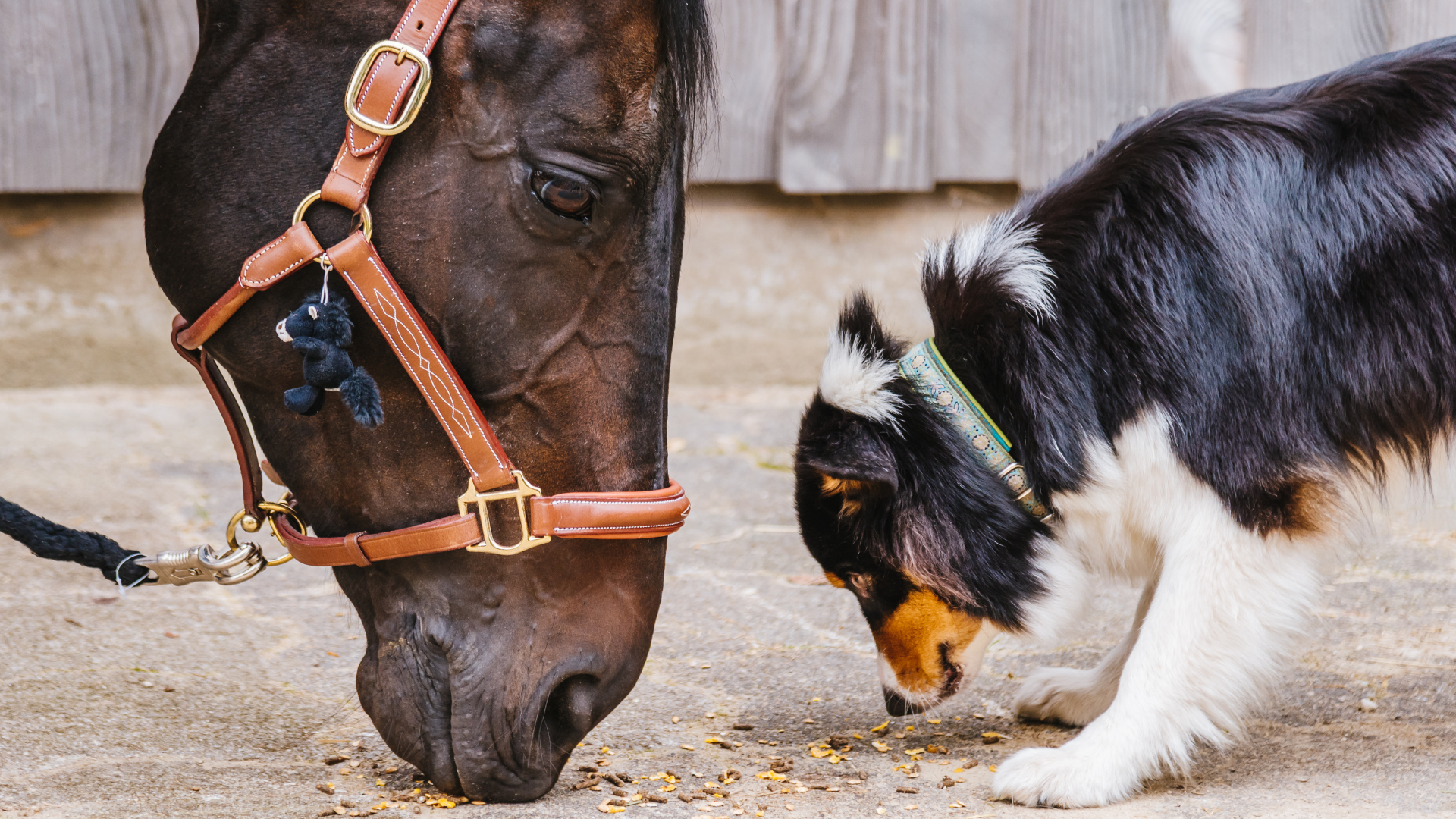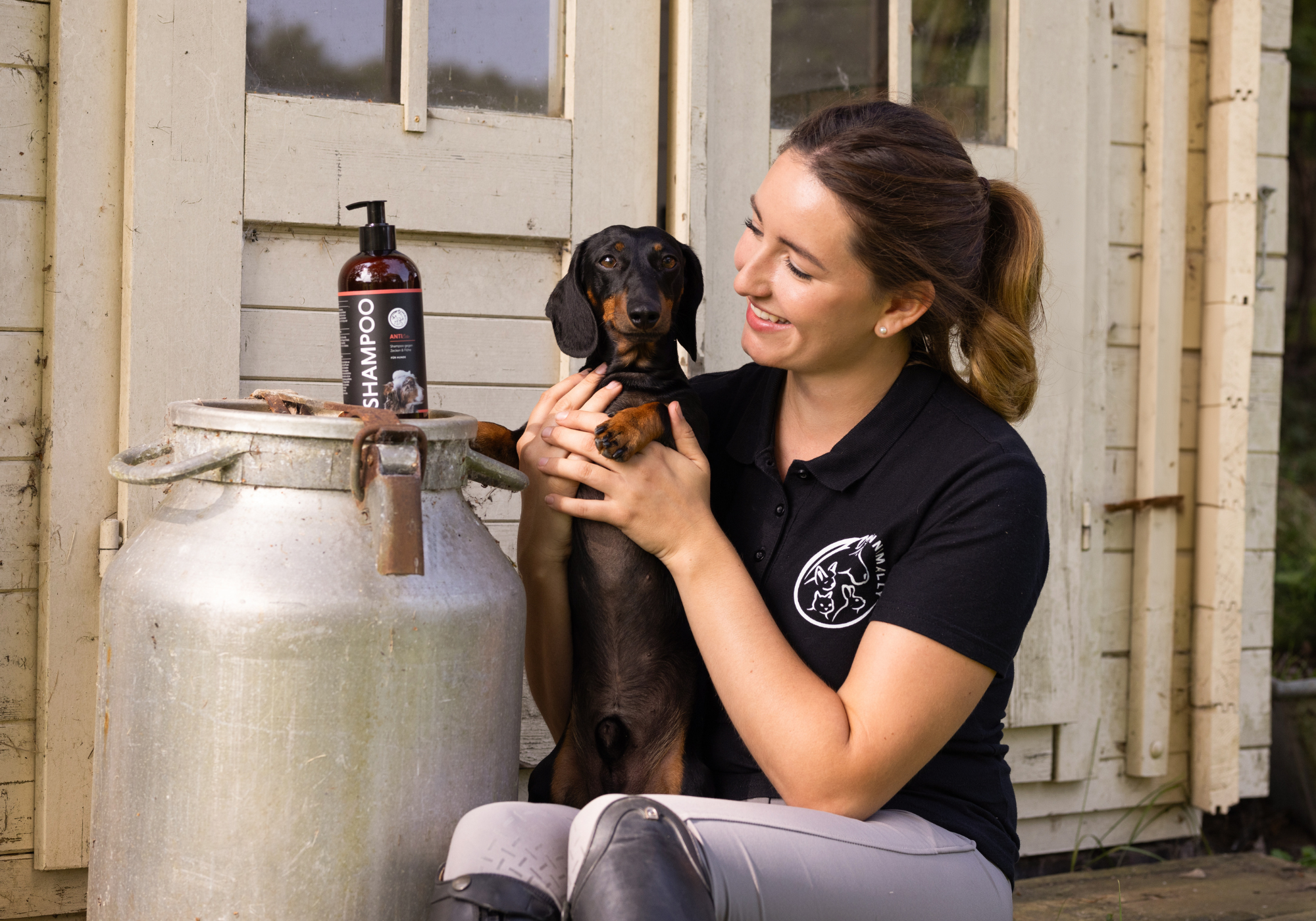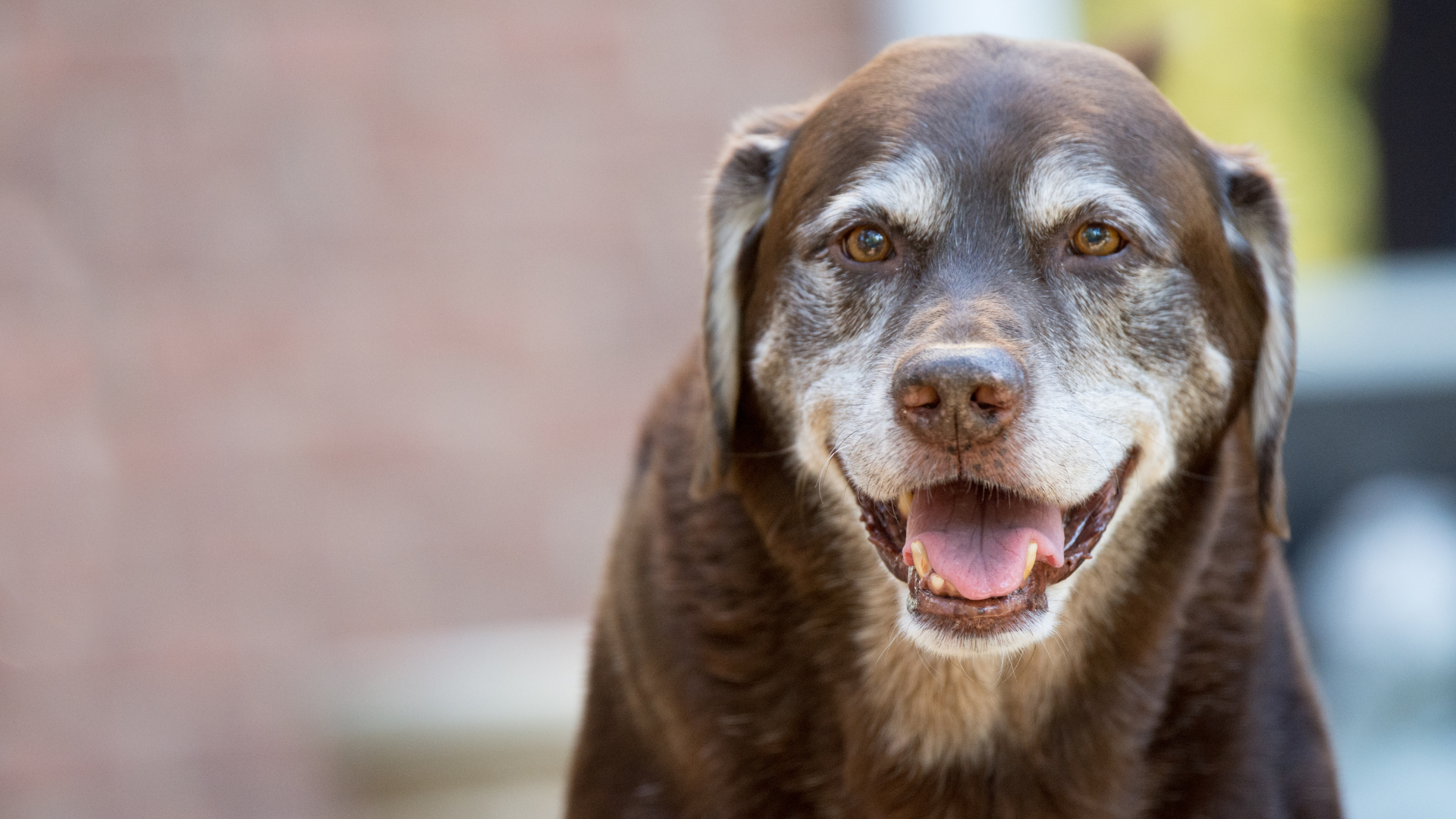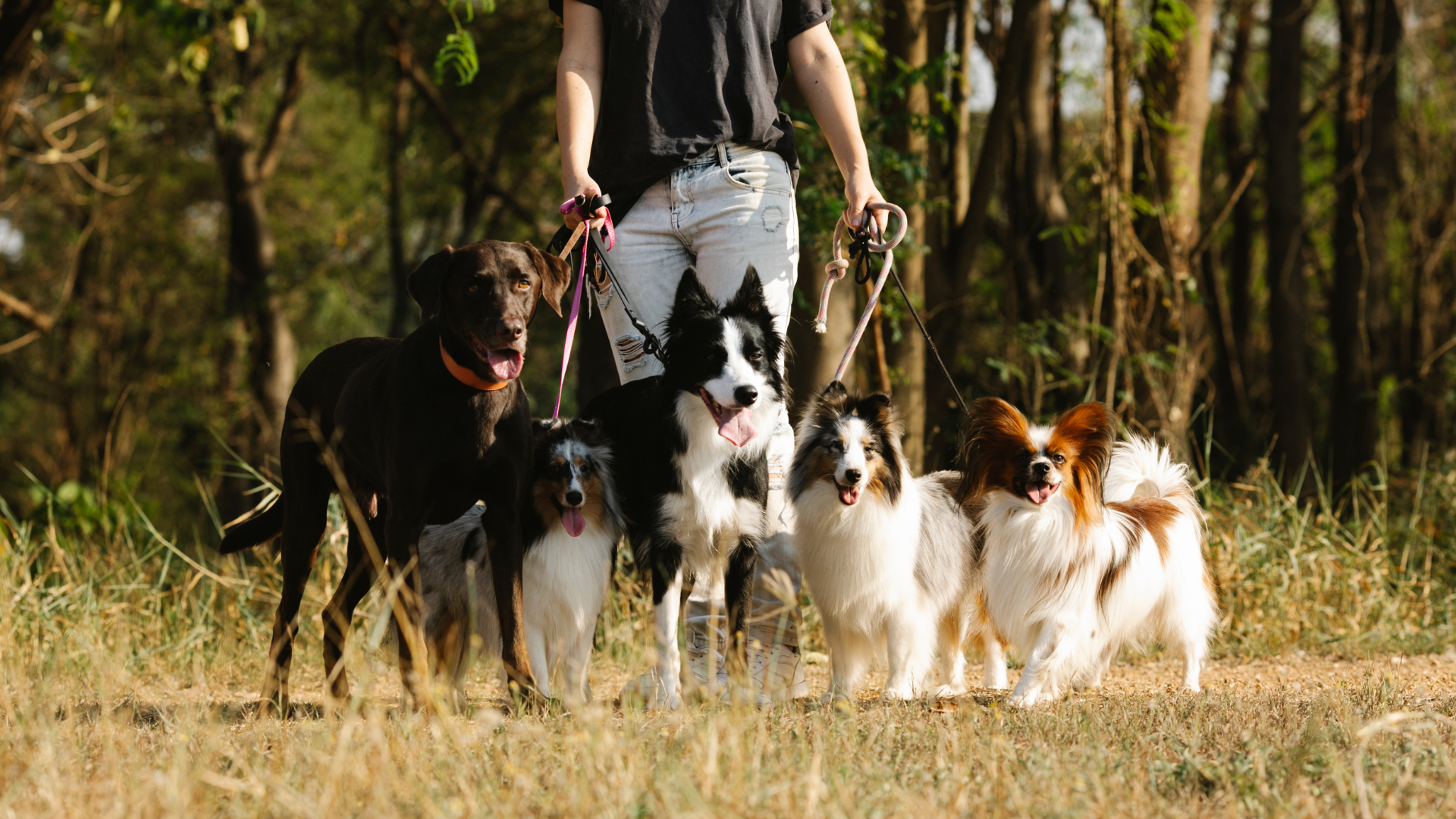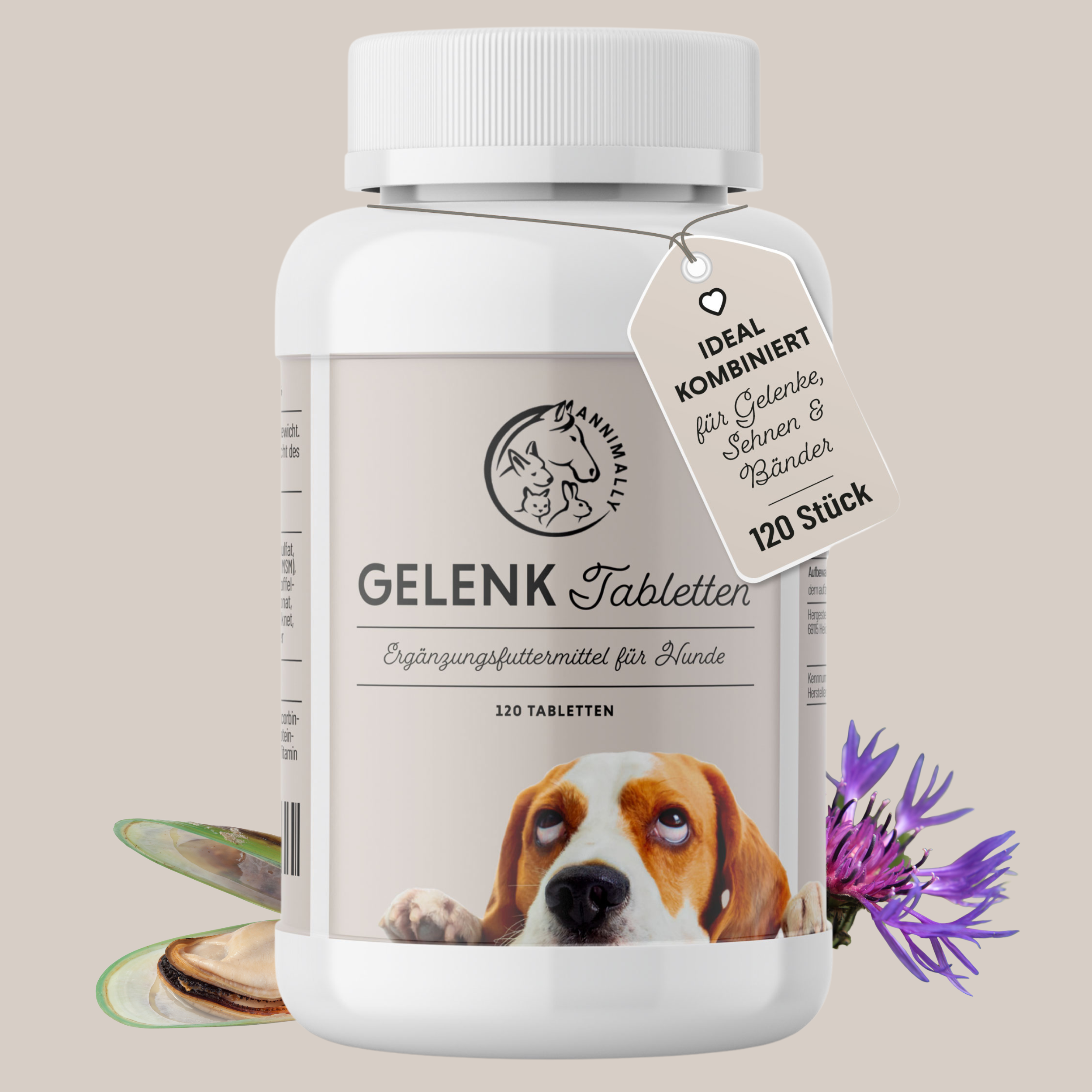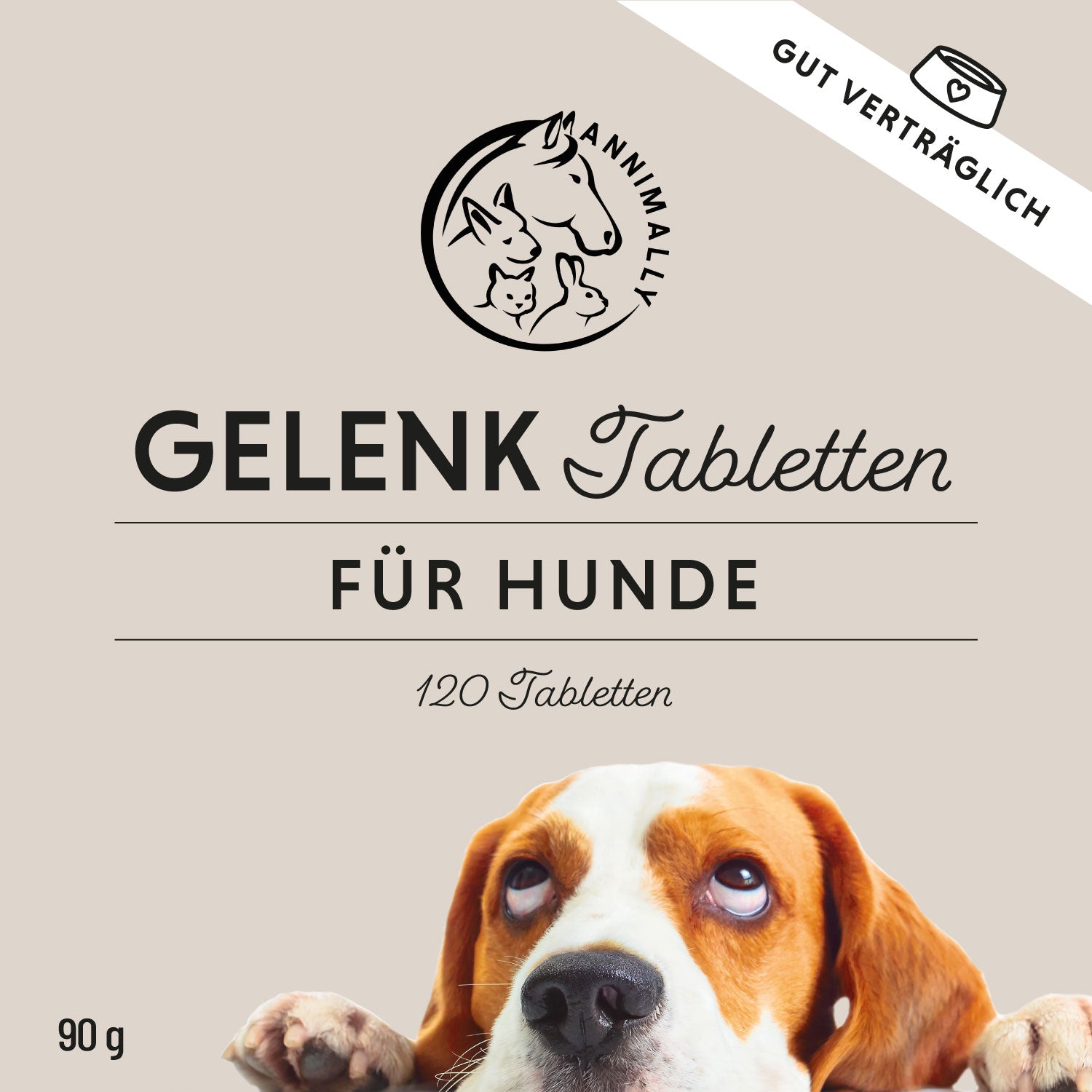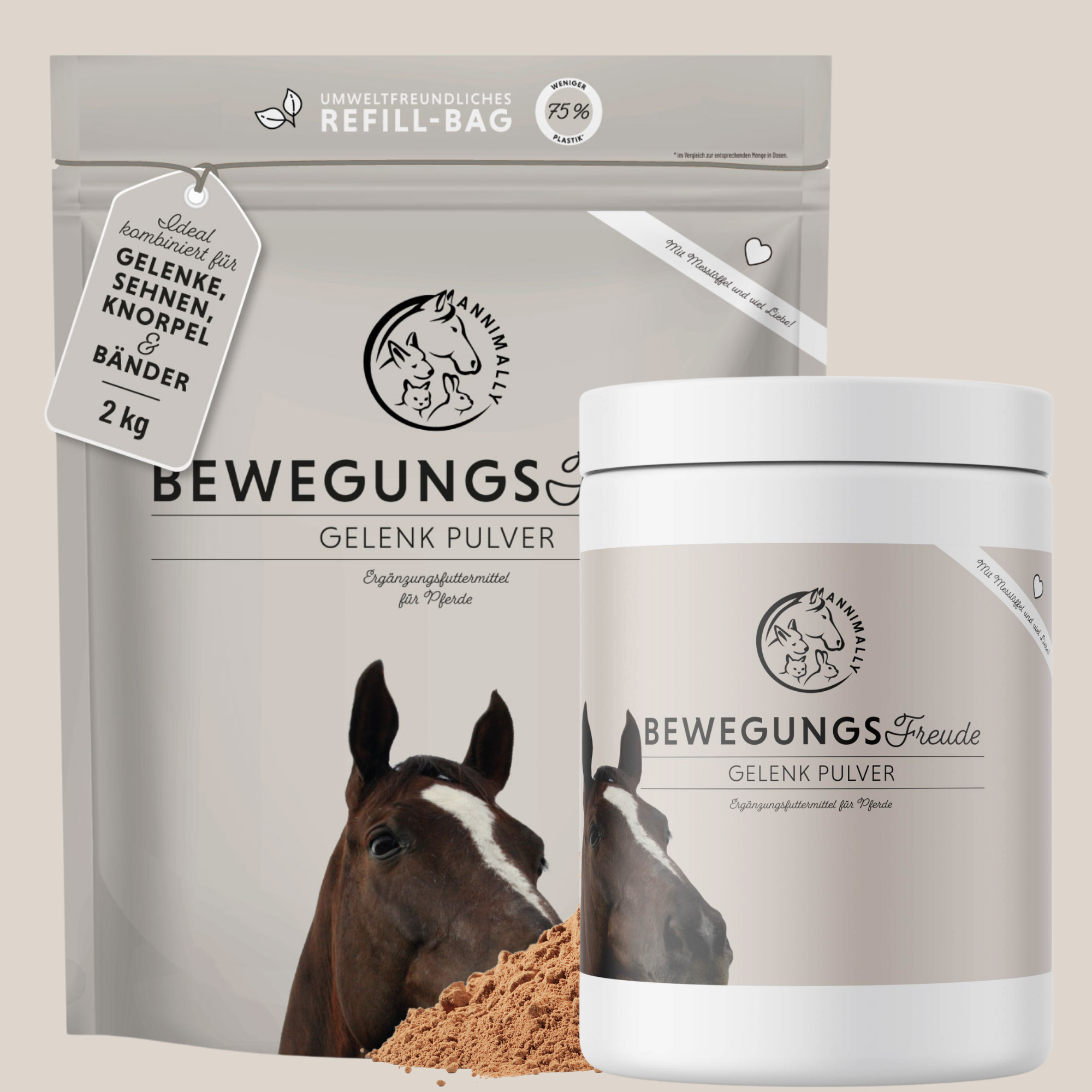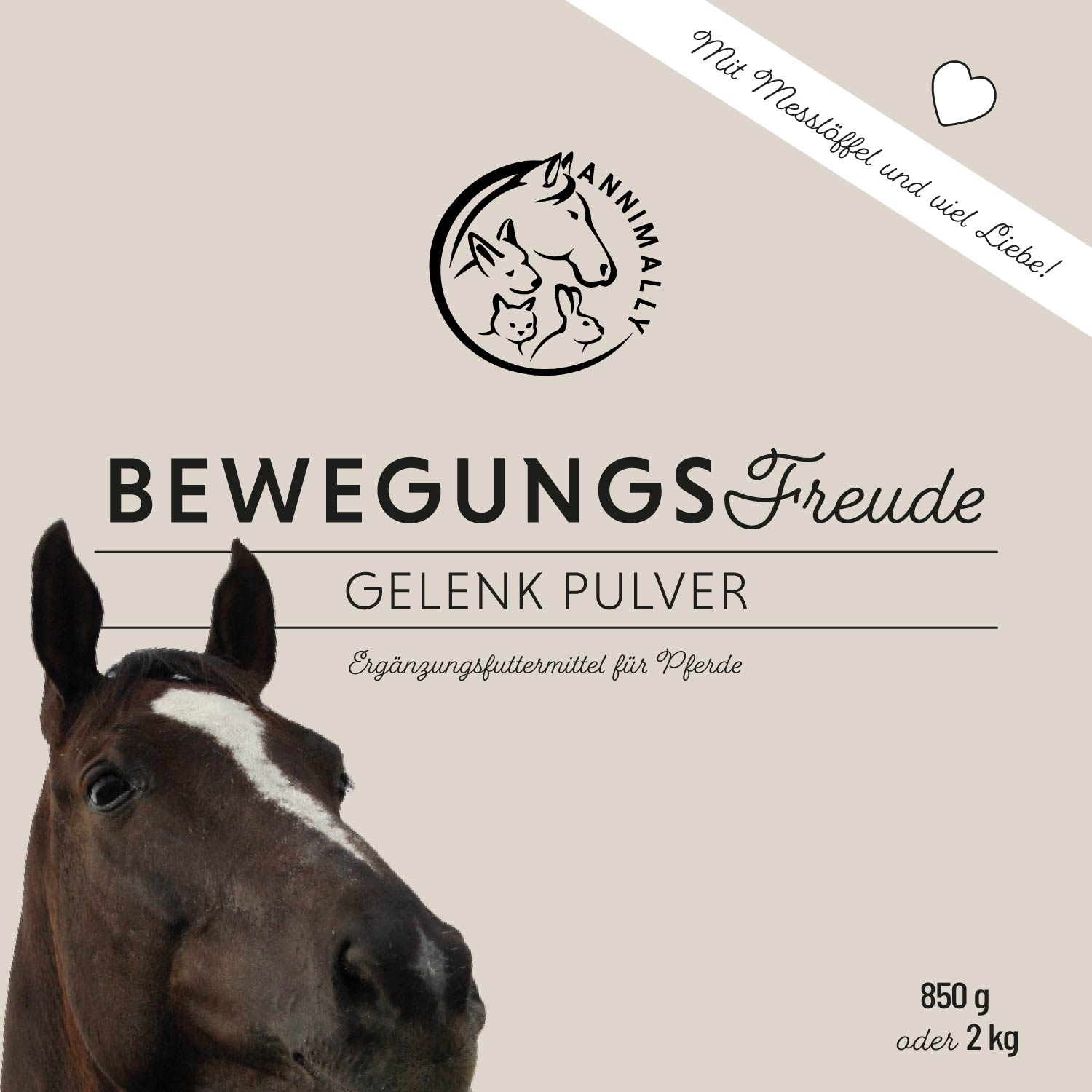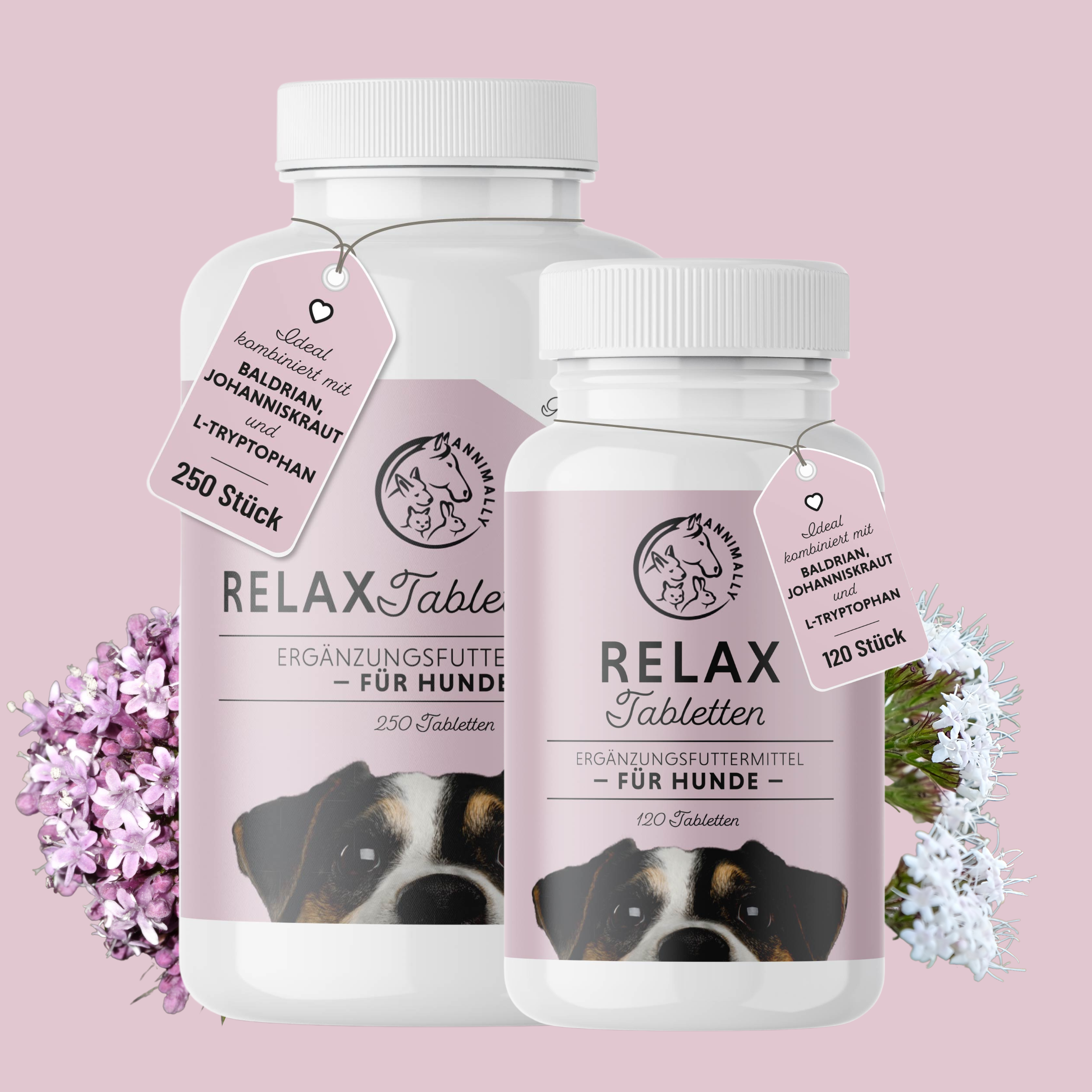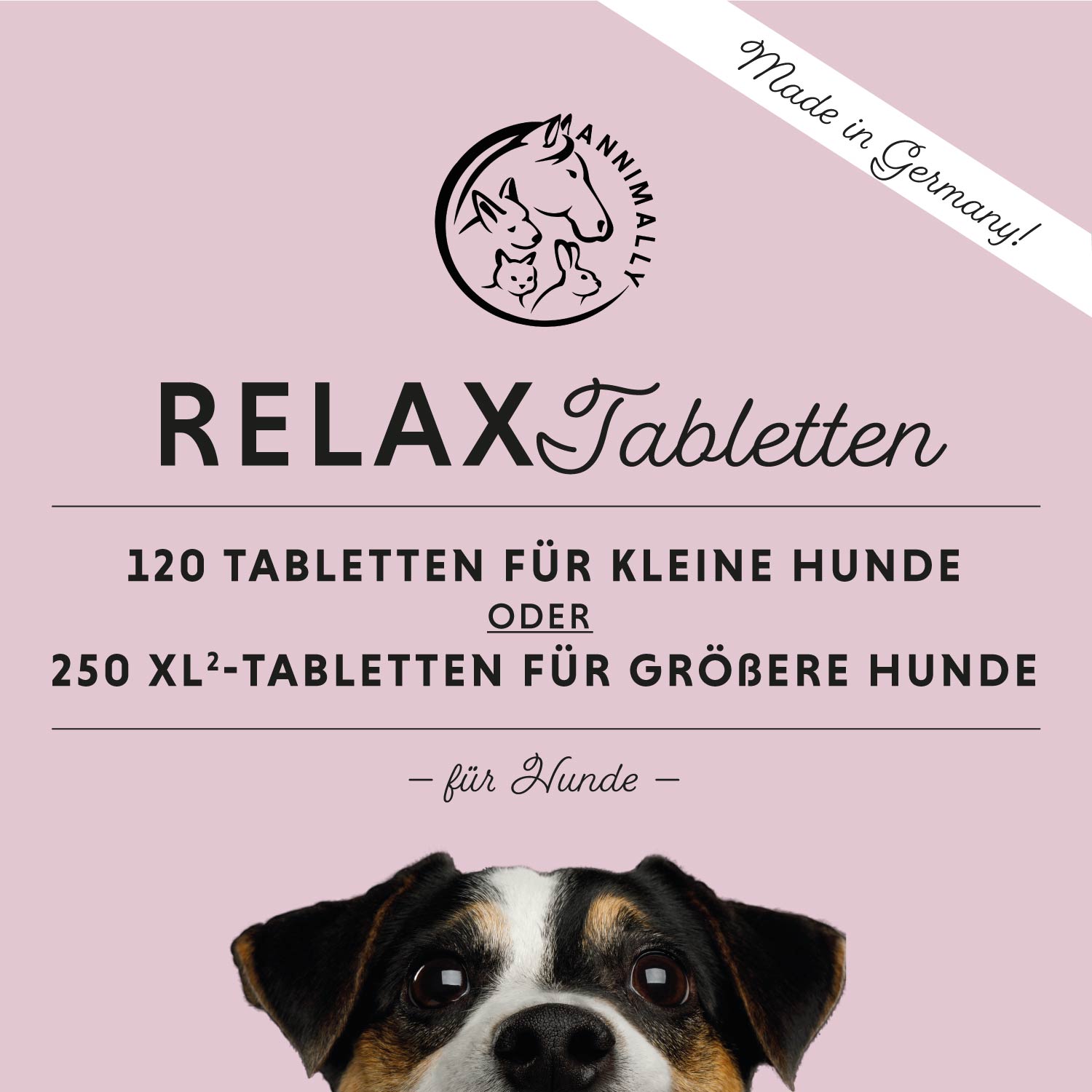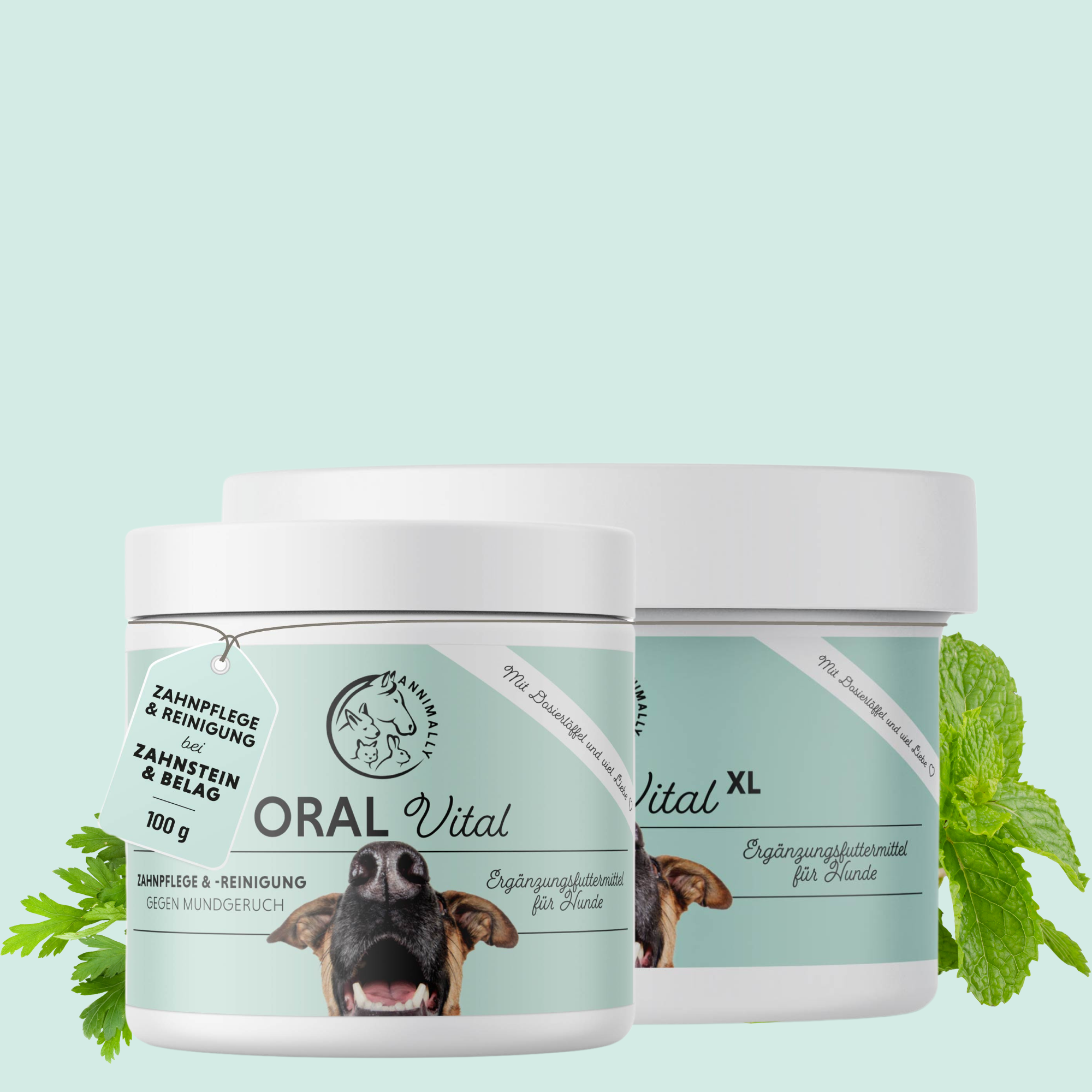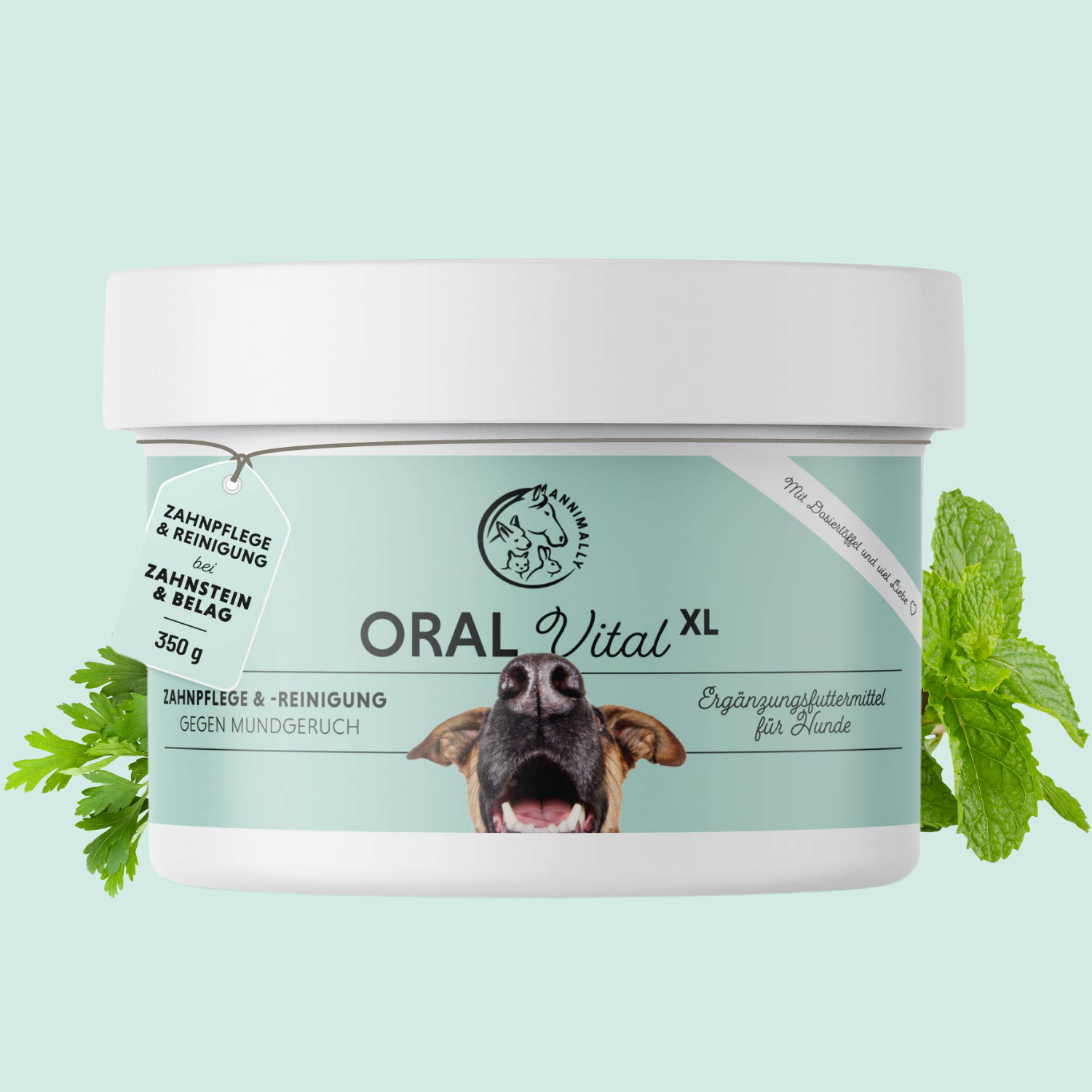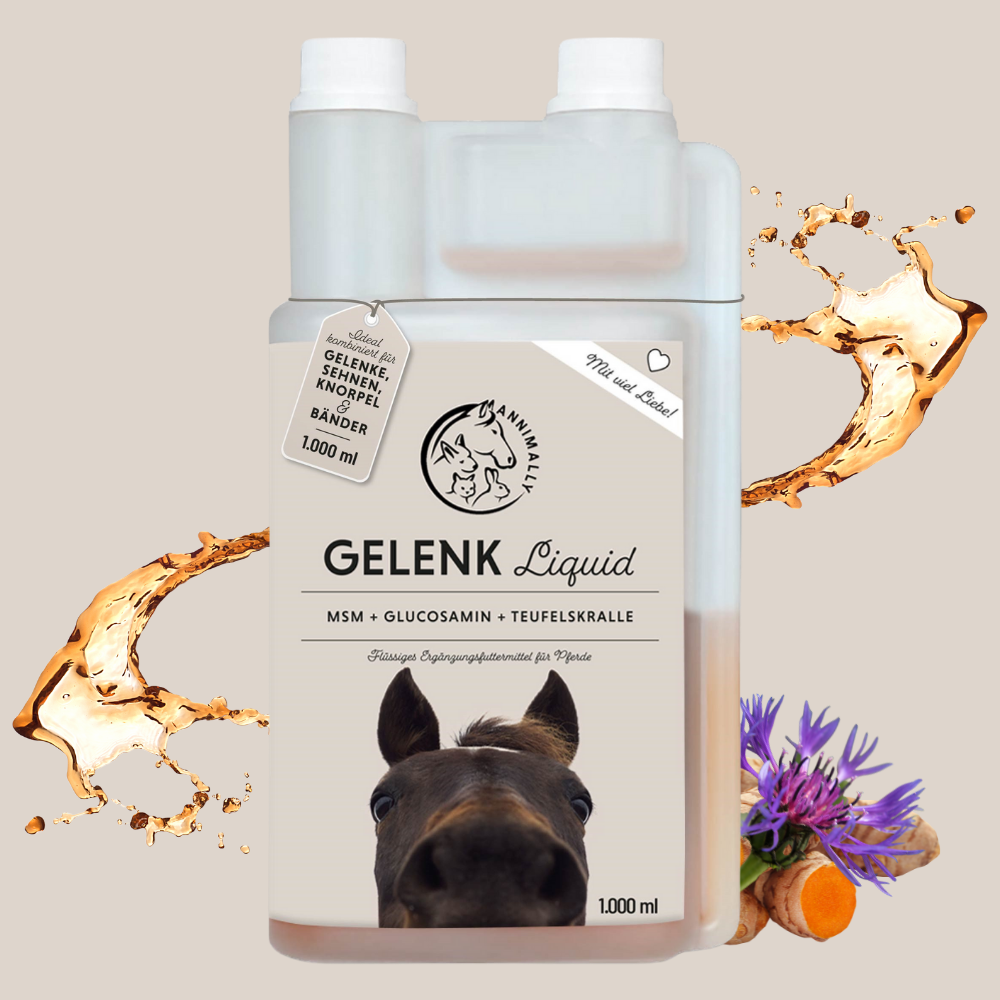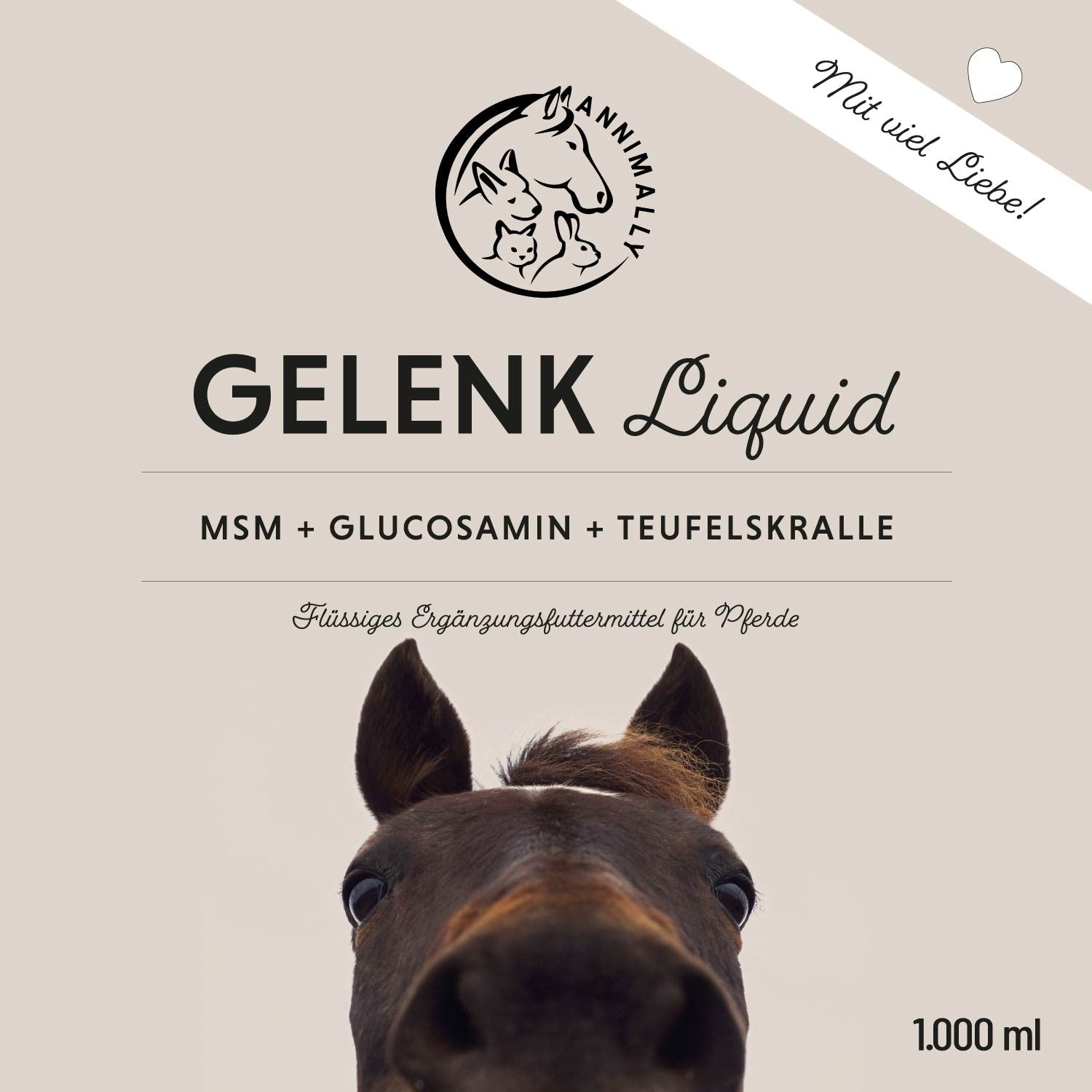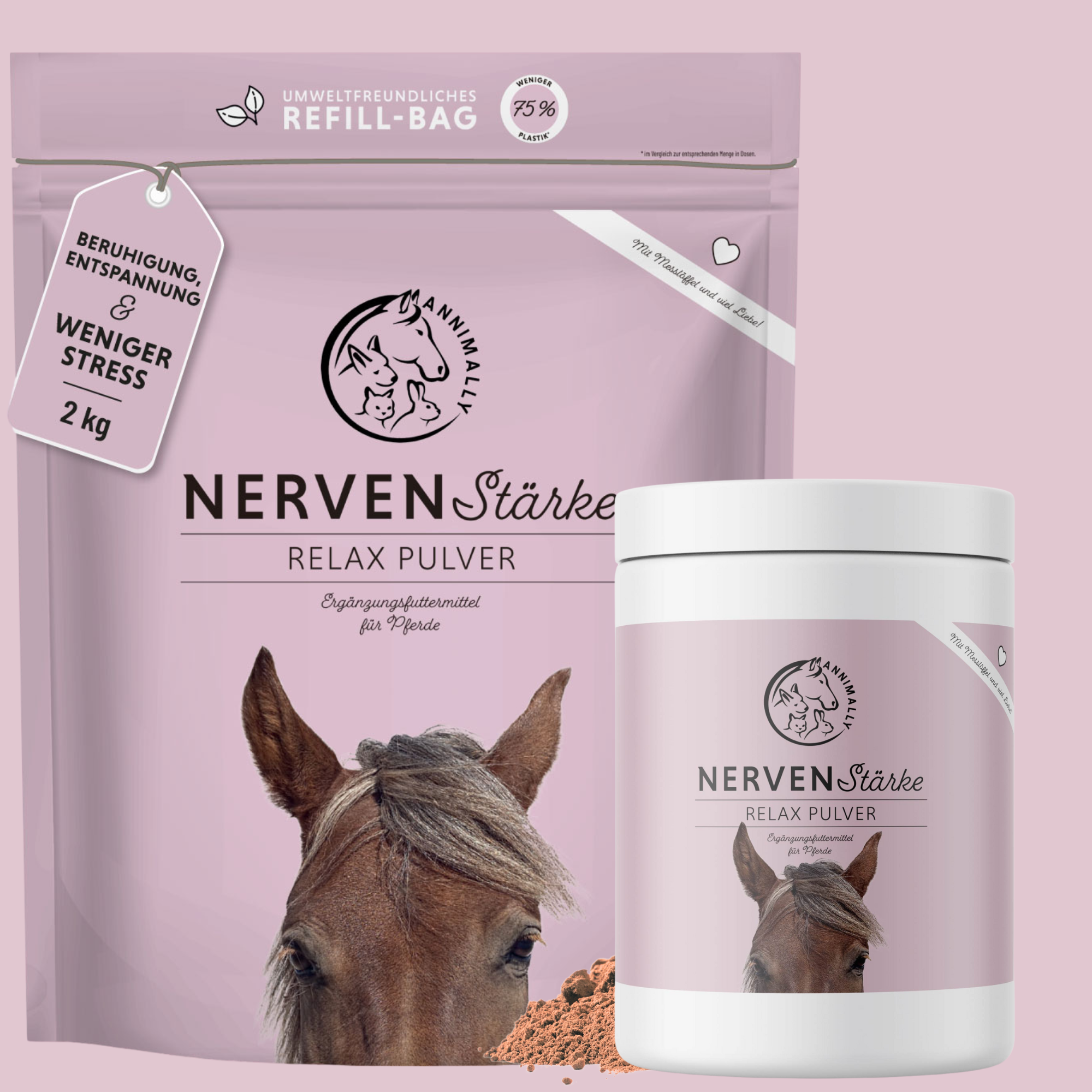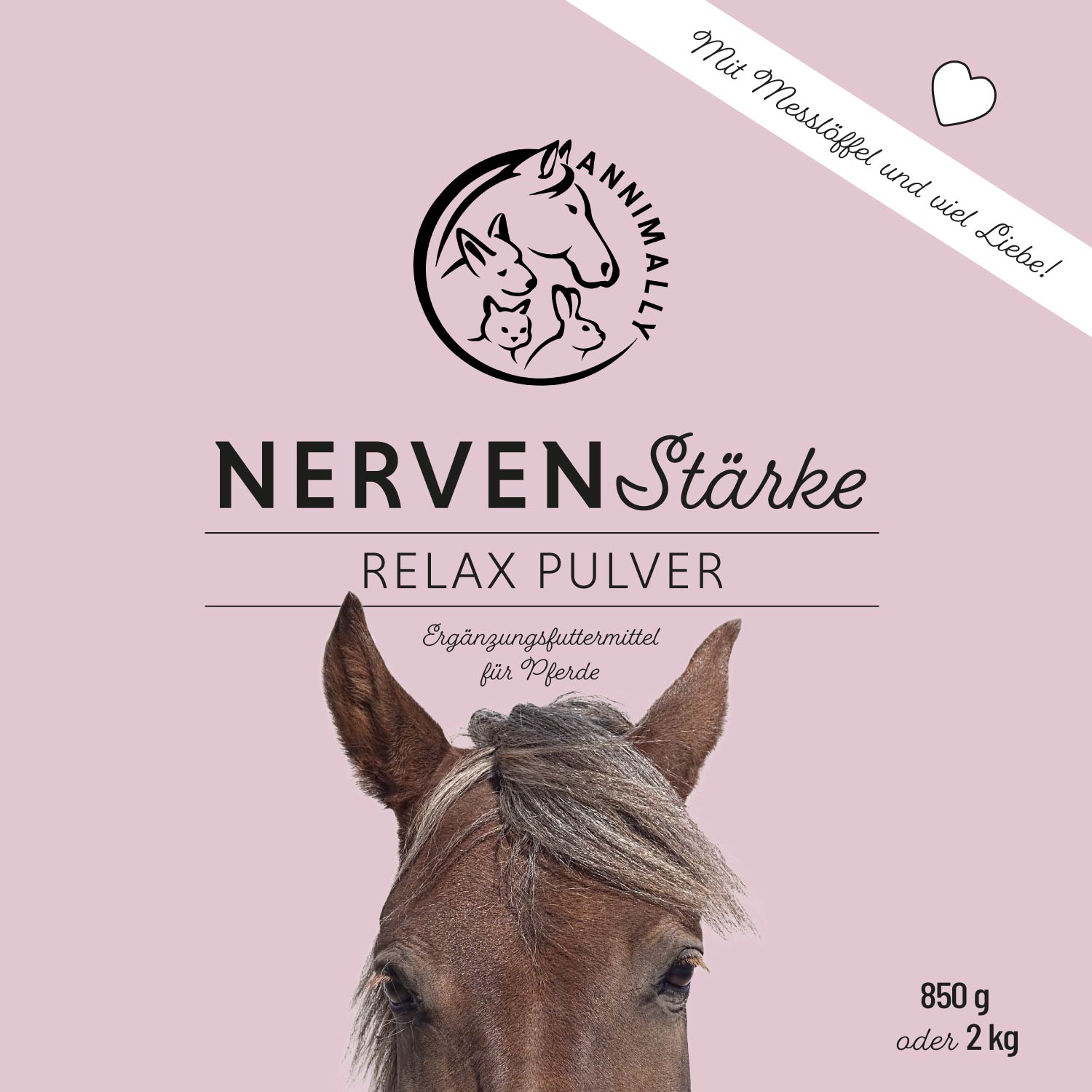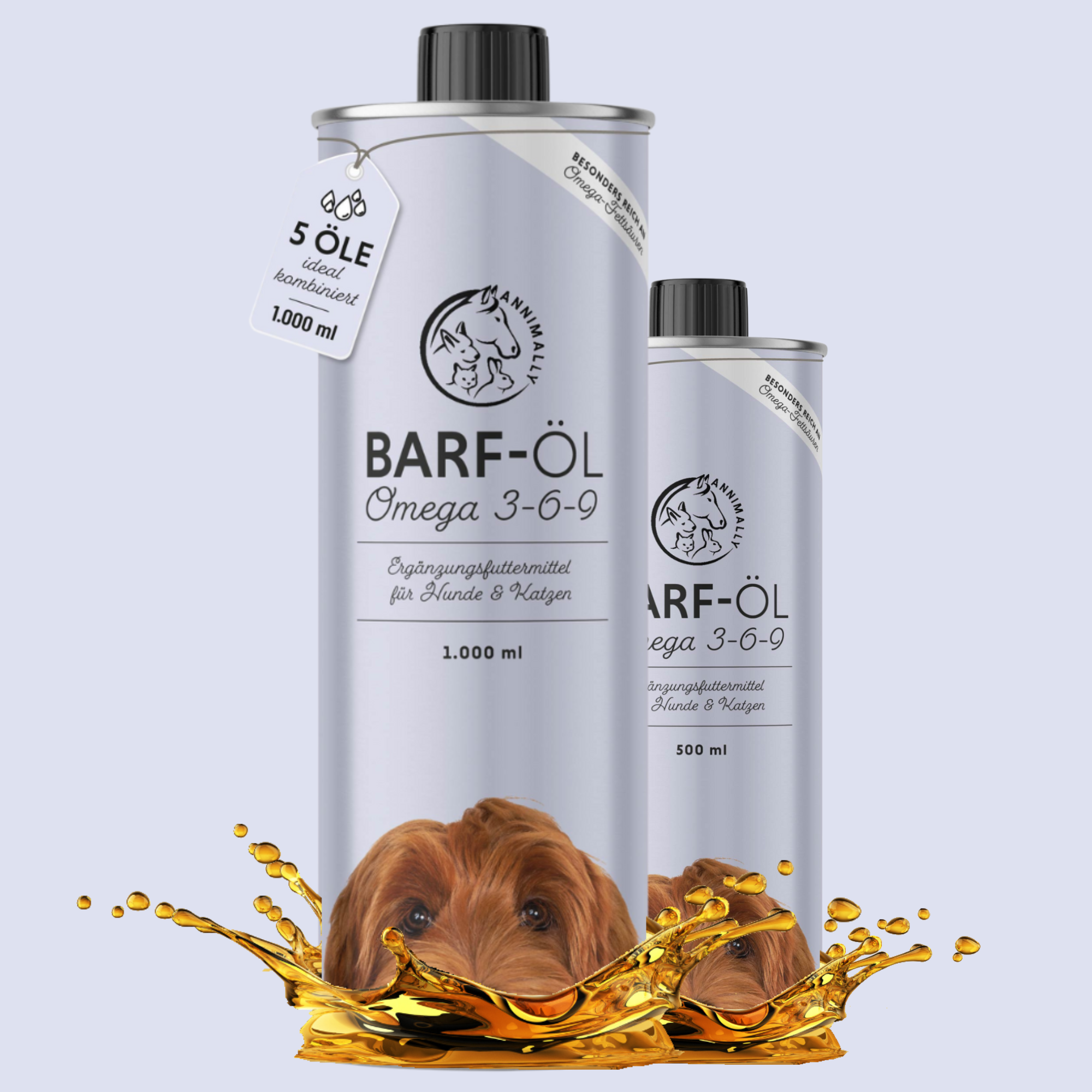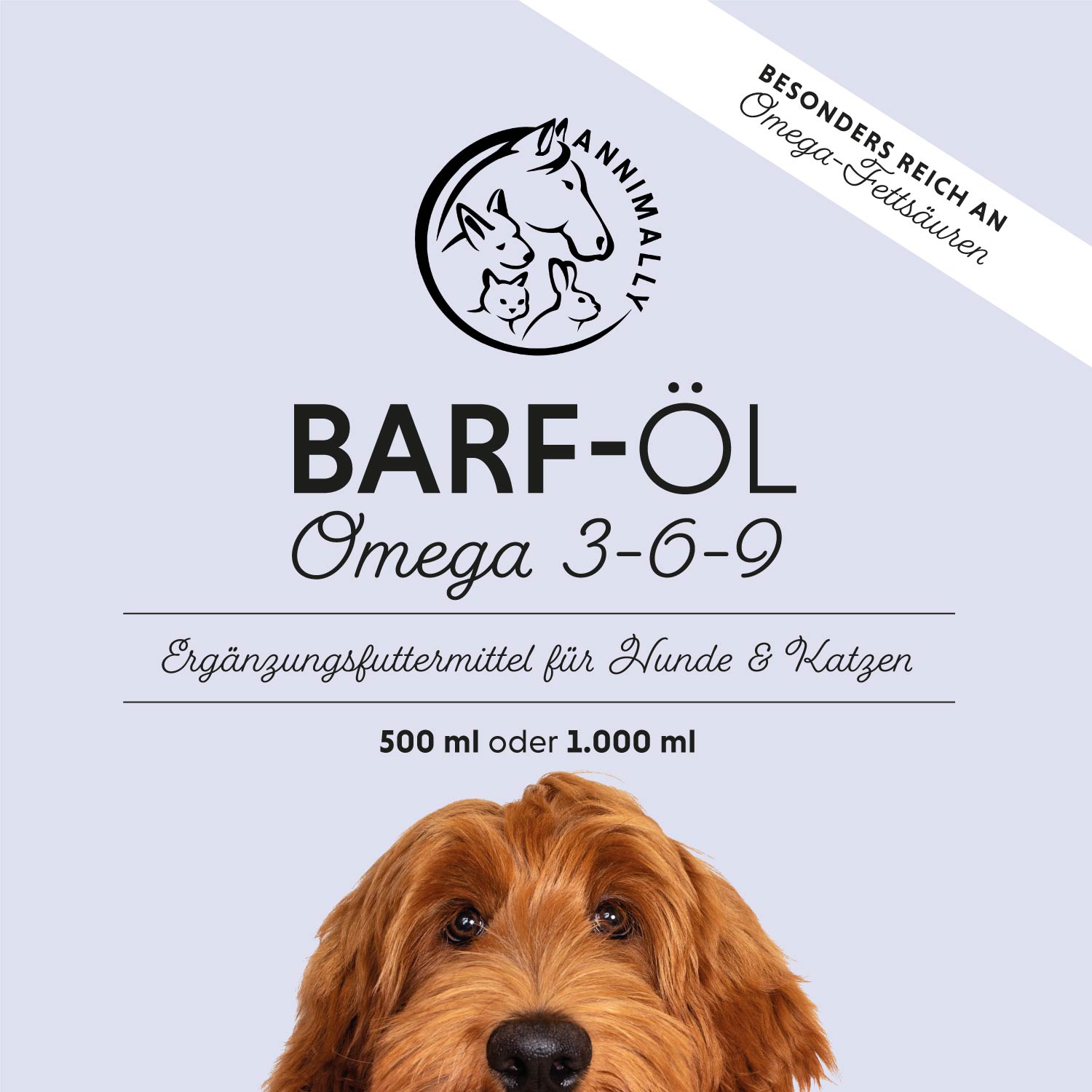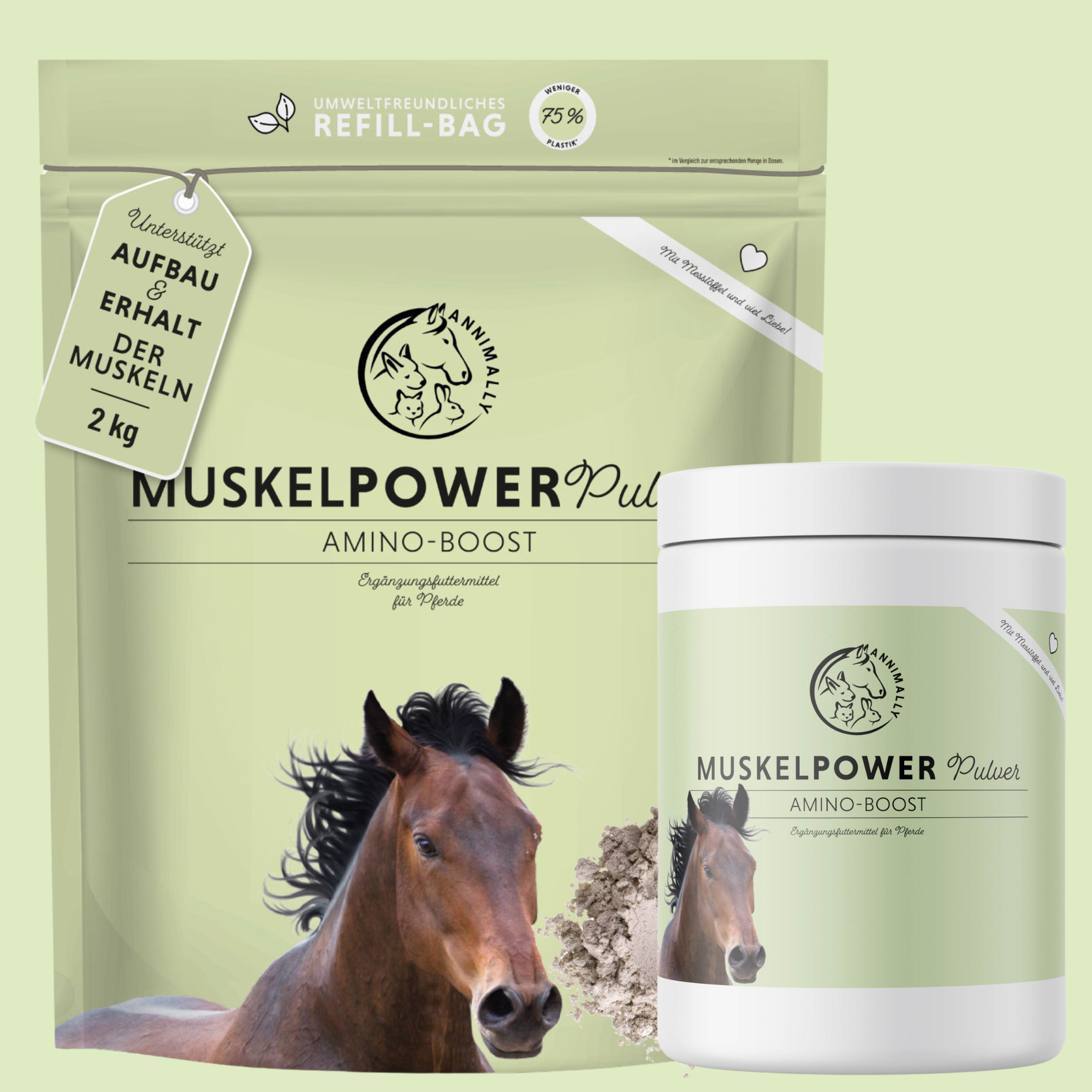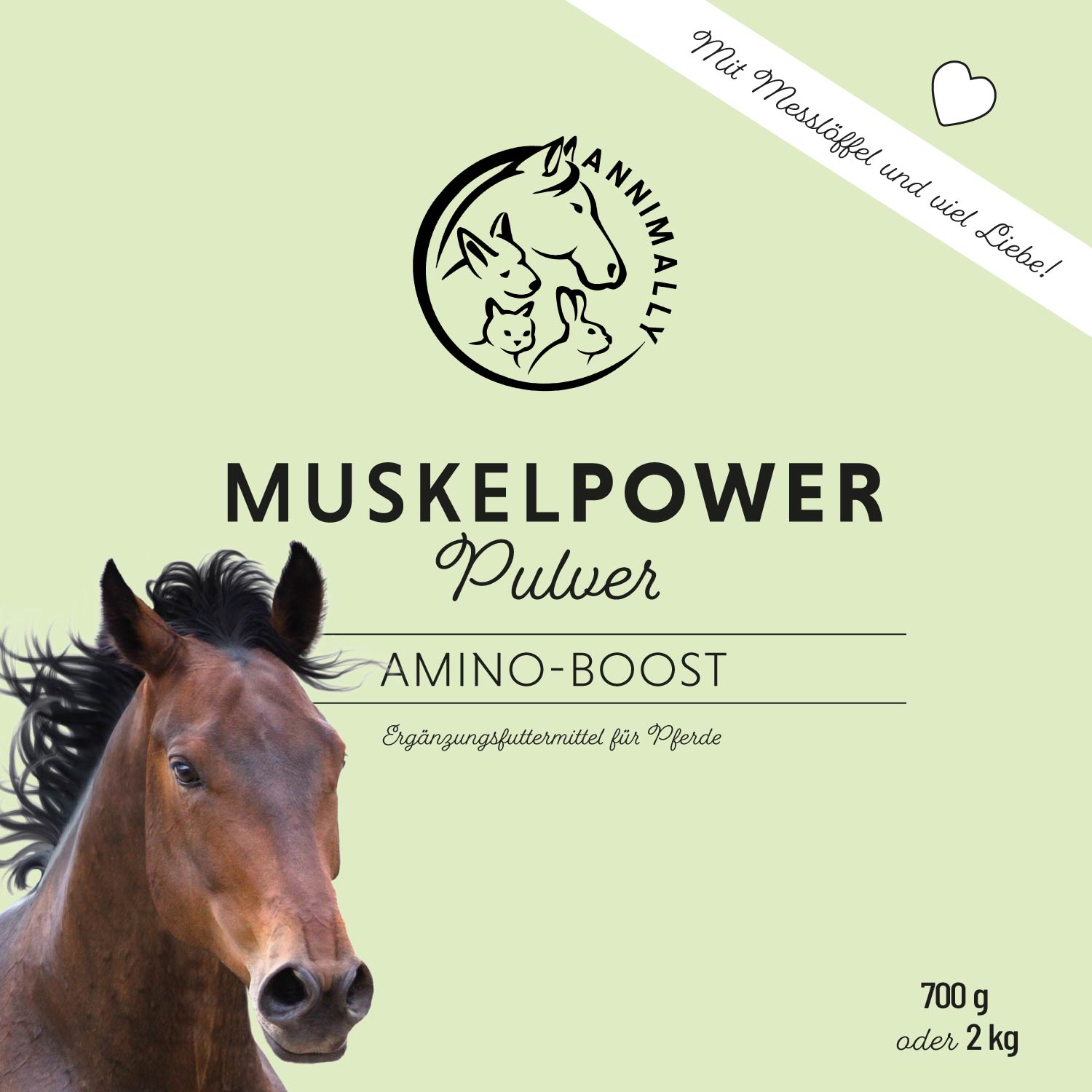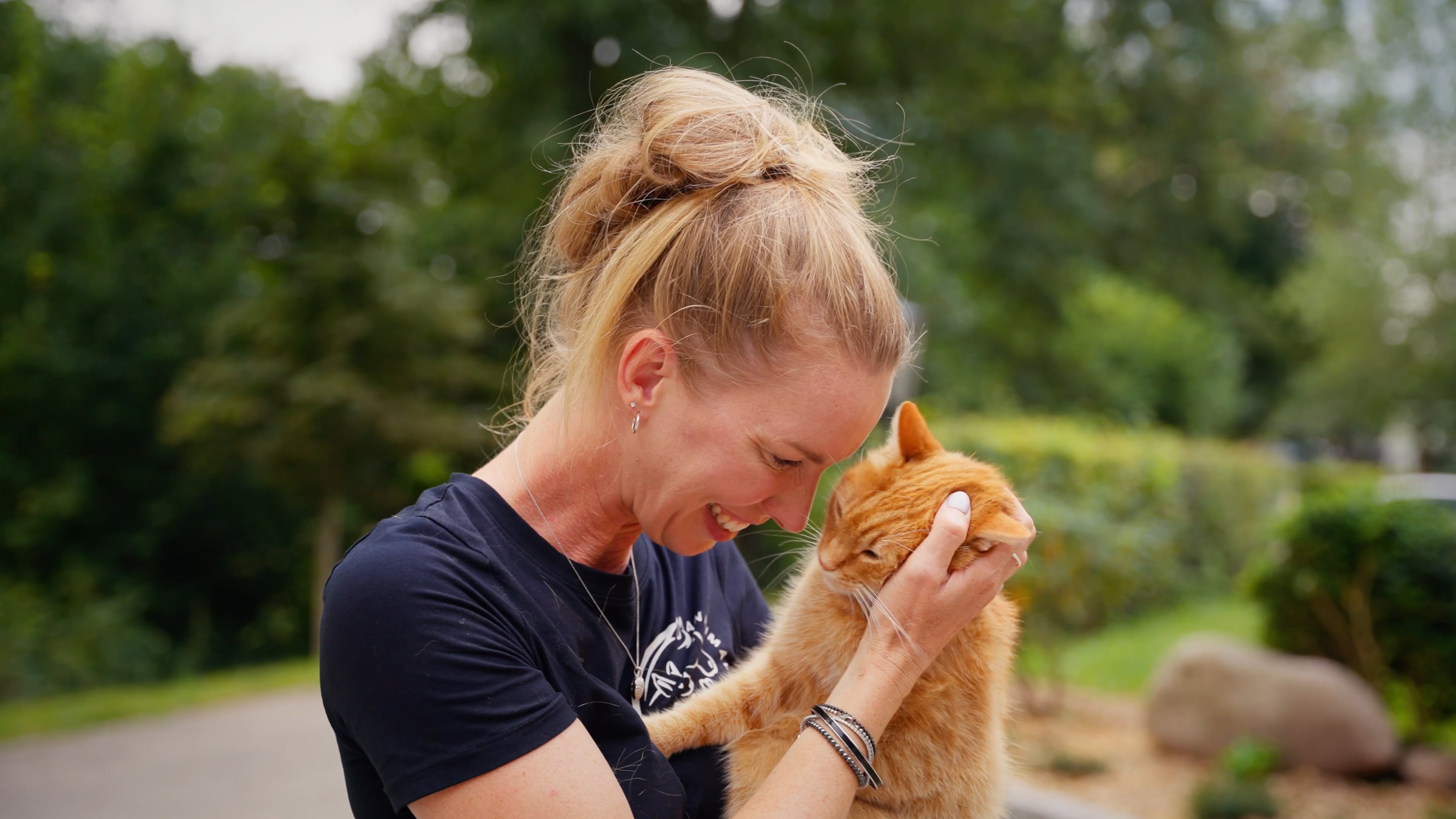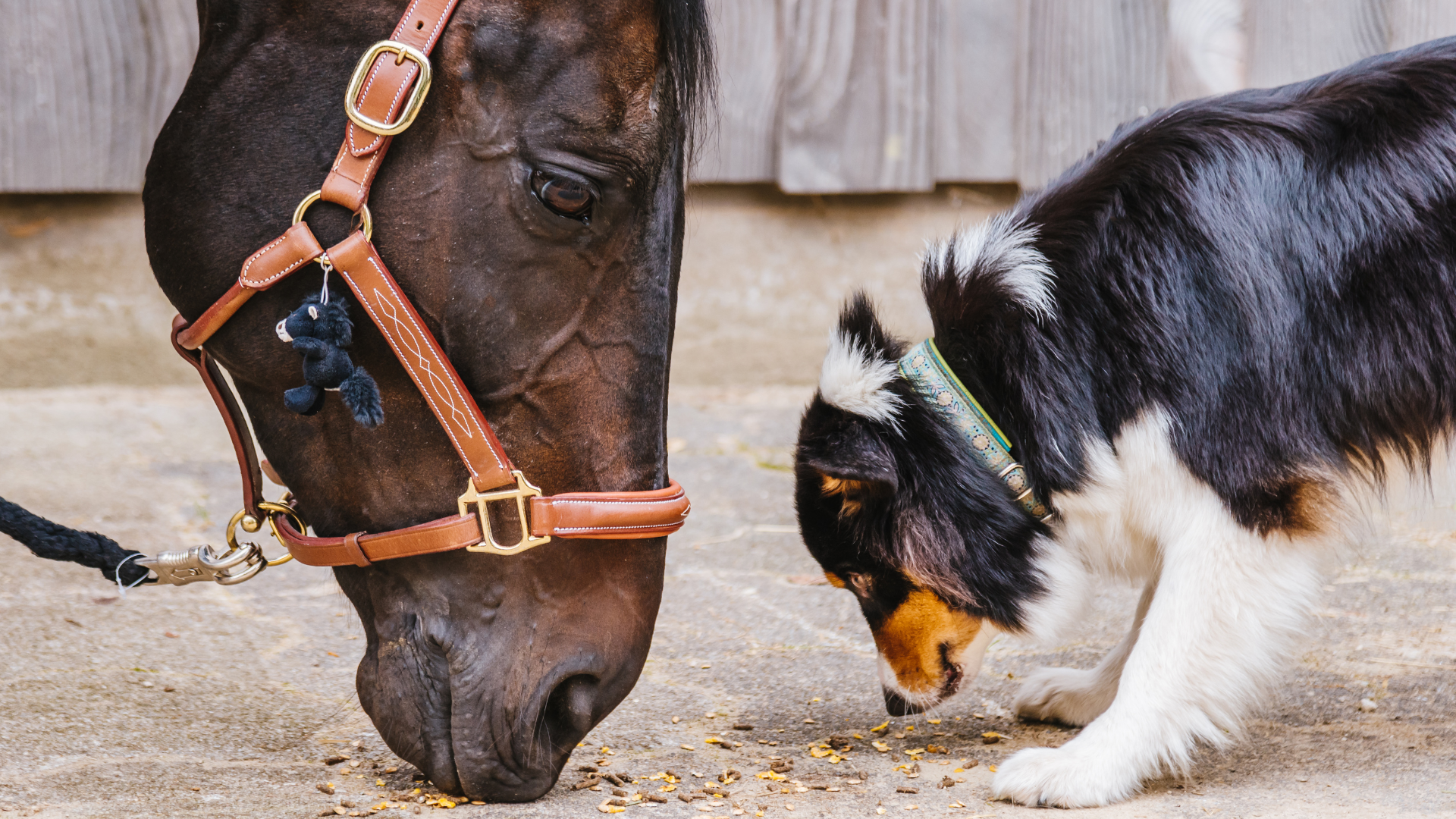
Animal health in summer: Heat protection for dogs, cats & horses
Temperatures are rising, the sun is blazing down from the sky, and it's not just us humans who are longing for some cooling. Our pets are also suffering from the summer heat – often even more than we are. As a responsible pet owner, you have the responsibility to protect your dog, cat, or horse as best as possible from the dangers of high temperatures.
In this article, you will find helpful tips on heat protection for animals in summer – for healthy and happy four-legged friends on hot summer days.
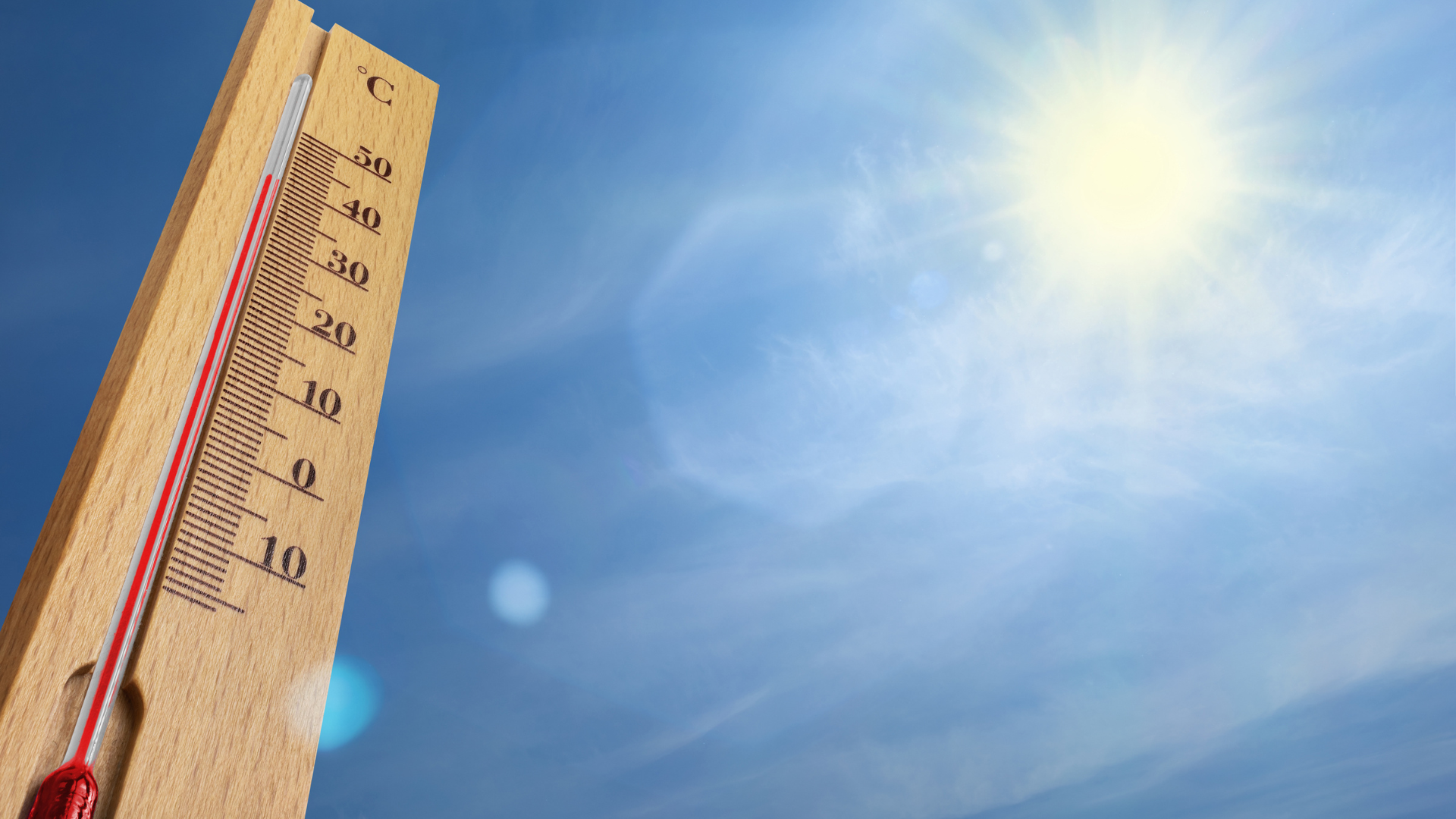
Why is protection from heat in summer so important for animals?
Unlike humans, animals have very limited ability to sweat. Dogs and cats, for example, regulate their body temperature through panting and a few sweat glands on their paws. Horses can sweat, but are still subject to significant stress during heat waves. Persistently high temperatures, in particular, pose a major threat to animal health.
Heatstroke, circulatory problems, or even death can result if action isn't taken in time. Therefore, it's especially important that you take action early and pay attention to your animals' needs.
Dogs in summer: How to protect your best friend
1. Walks only at cool times of the day
Plan your dog's walks early in the morning or late in the evening. Hot asphalt can not only be painful for sensitive paws, but can also lead to overheating. A simple test: Place the back of your hand on the ground for five seconds – if it's too hot, it's too hot for your dog, too.
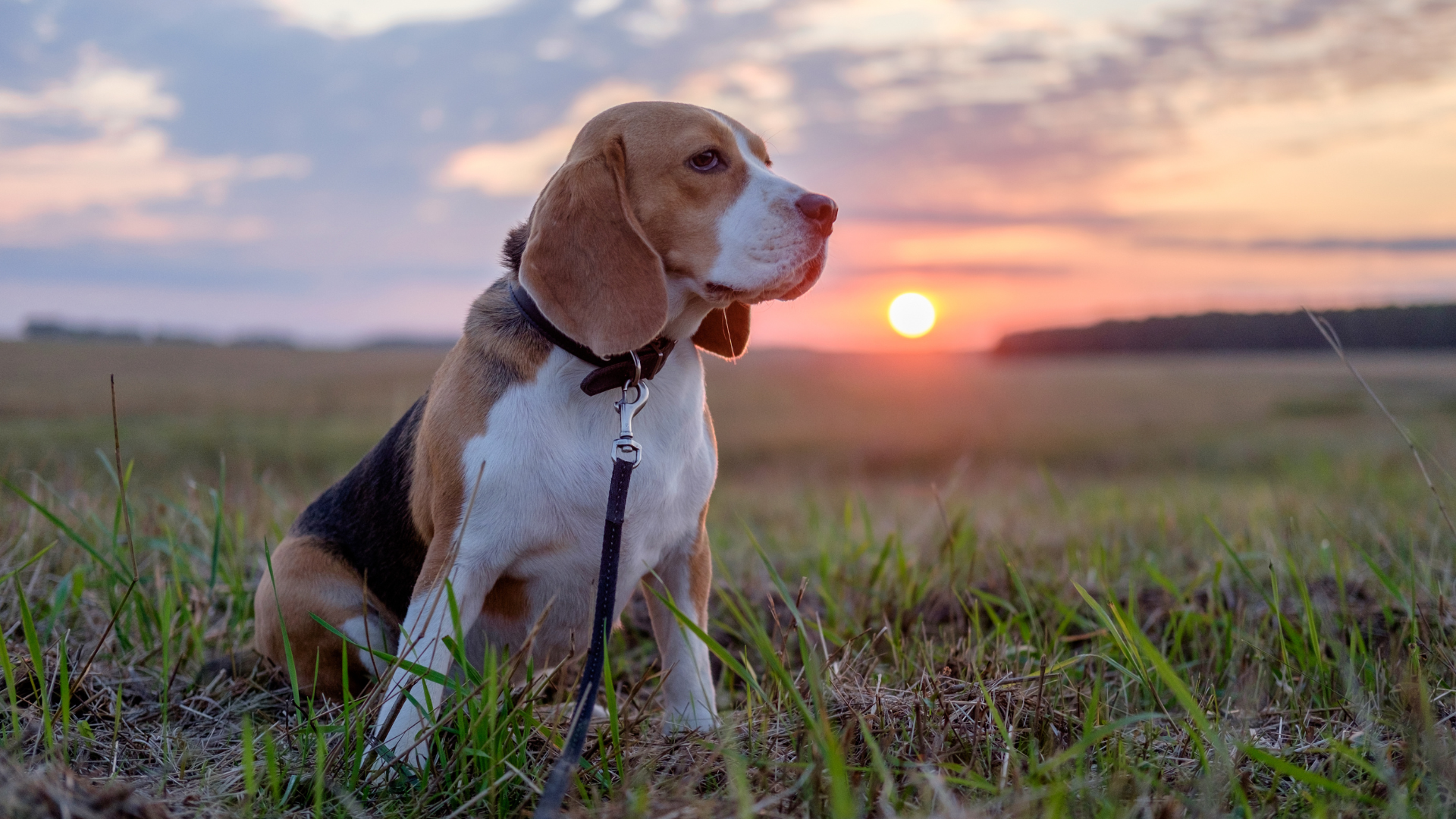
2. Provide shady spots and cooling
Your dog should always have access to a cool, shady spot—whether in the garden, on the balcony, or in the apartment. A wet towel or a special cooling mat can provide additional cooling.
Even a quick dip in the garden or at a designated swimming area can help cool you down. But be careful: not every dog likes water. Approach it cautiously and don't force your dog to do anything.
3. Provide enough fresh water
Drinking is vital for dogs, especially in summer. Always provide your dog with fresh, cool water. Take a water bottle and a collapsible bowl with you on car rides or long walks.
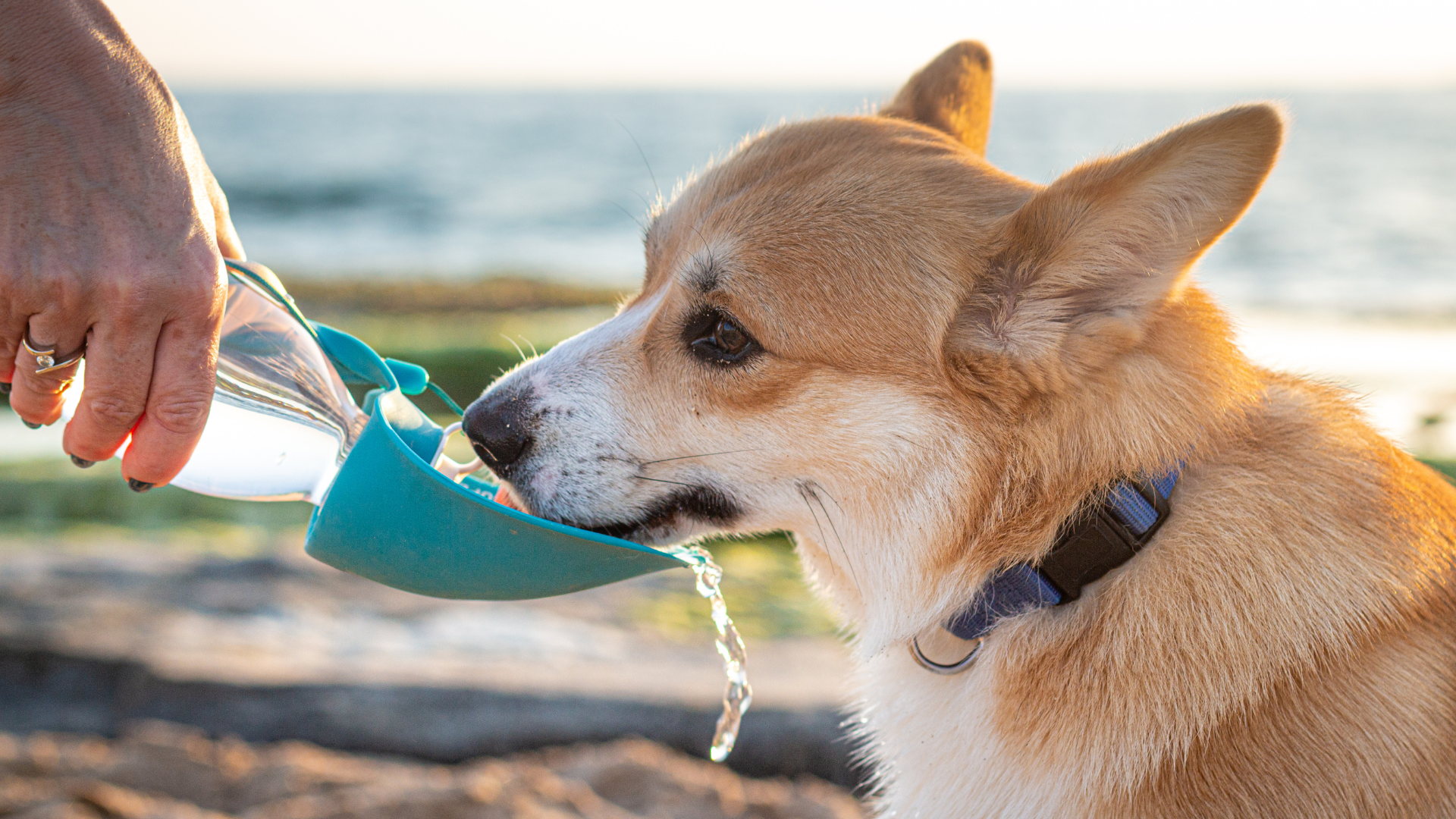
4. Adjust coat care and feeding
Long, thick fur can be a burden. Regular brushing helps remove loose hair and improve air circulation. Some breeds benefit from a light summer trim—if in doubt, consult your veterinarian or groomer.
The diet can also be adjusted: easily digestible food and smaller portions will relieve the strain on your dog's body on hot days.
Cats and heat: What you should know
1. Create cooling options
Cats usually seek out cooler places on their own, but you can help them: Keep blinds down during the day, set up fans (without drafts!), and provide cool places to lie down. Tiles or the bathroom are also popular retreats for cats.
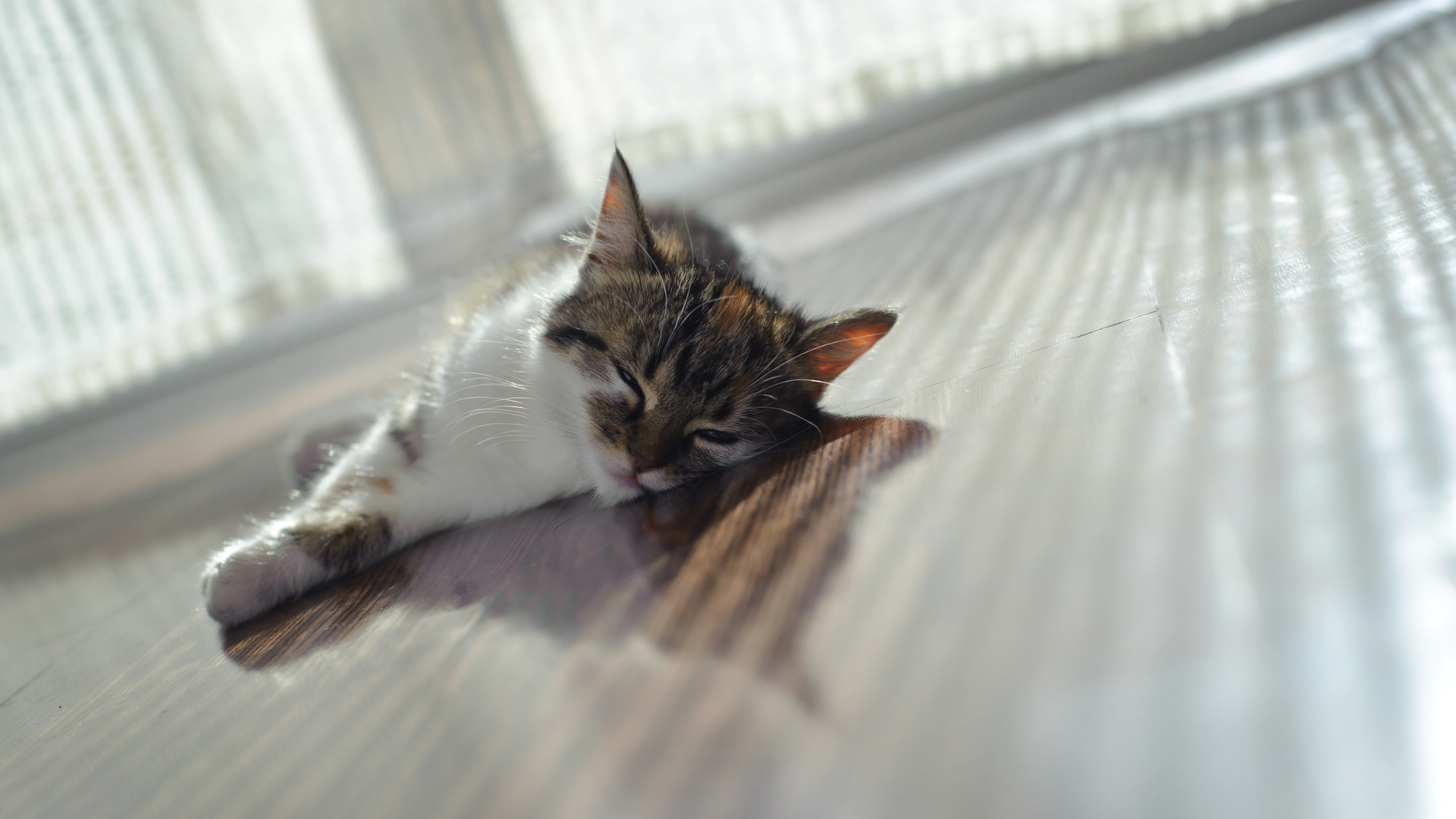
2. Offer water creatively
Many cats don't drink enough. To encourage your cat to drink, you can use running water (e.g., from a drinking fountain), ice cubes in the bowl, or several water bowls distributed around the house.
3. Be careful with balconies and plants
Cats love to lounge on the balcony in the summer. Make sure there are plenty of shady spots and secure the balcony with netting. Be careful with houseplants and balcony plants: Some species are poisonous to cats. Find out beforehand which plants you're allowed to have.
Horses in the summer heat: How to prevent overheating
1. Open stable or shady areas?
Horses in open stables often have an easier time in the summer heat because they can move freely. It's important that shady areas are always available—be it through trees, shelters, or covered paddocks.
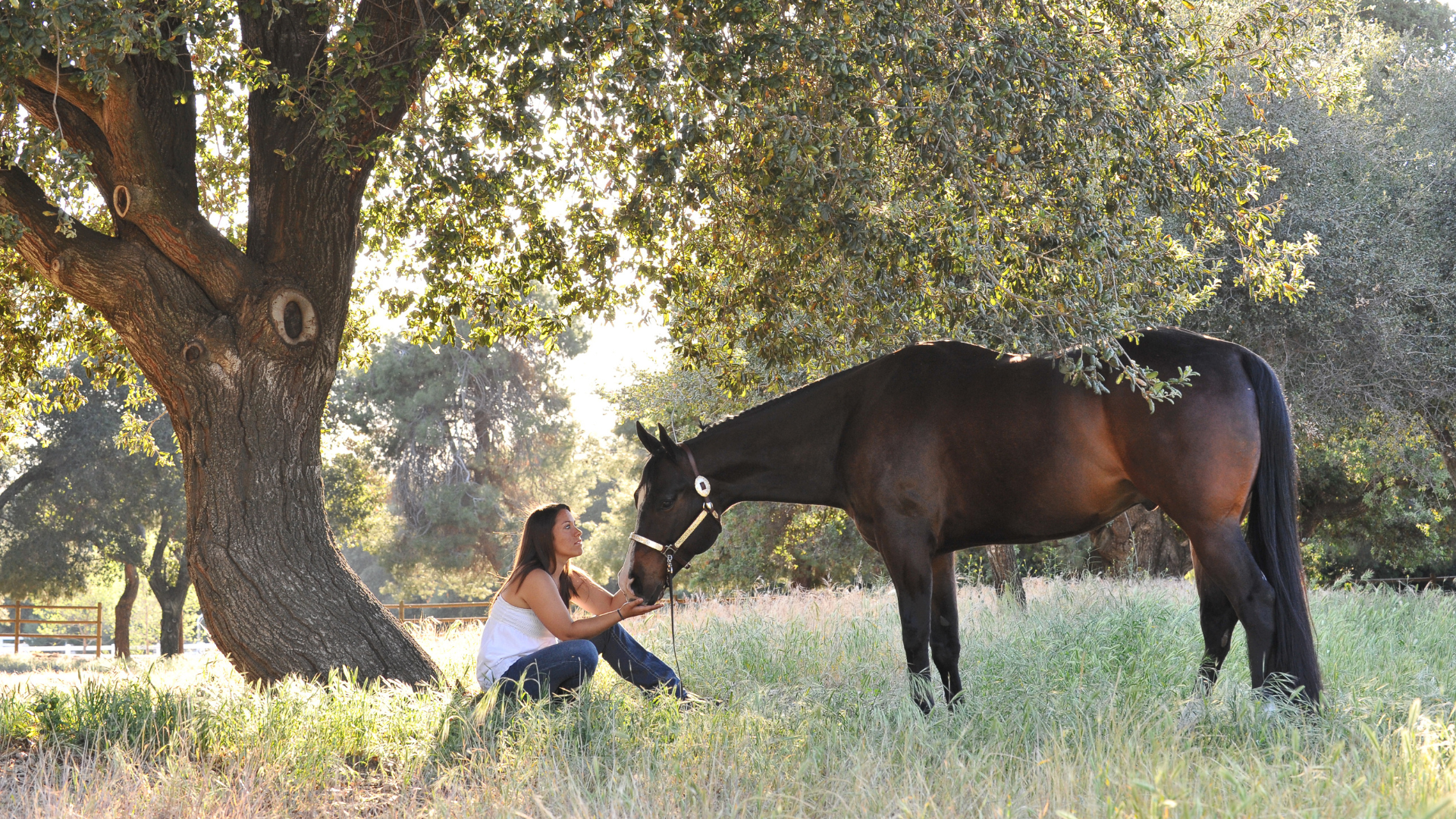
2. Check drinking troughs
Large animals need a lot of water—up to 60 liters per day! Check regularly to make sure the waterers are clean and provide enough water. In extreme heat, it may be helpful to offer additional water with electrolytes.
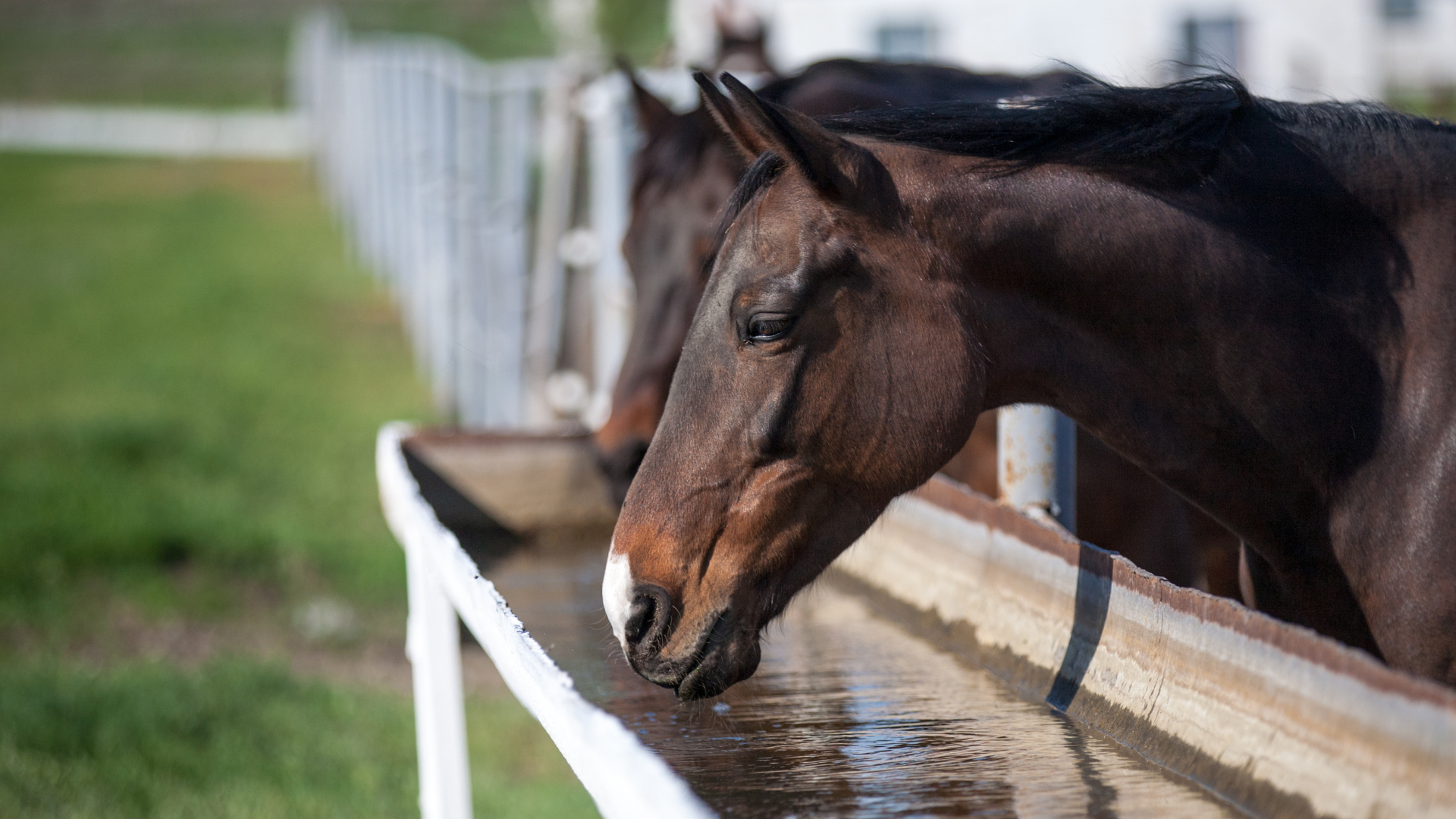
3. Adjust movement
Plan rides or training sessions for the cool morning hours. In extreme summer heat, it may be a good idea to rest your horse for a few days. There should also be plenty of shade in the pasture.
4. Grooming and showering
Horses also benefit from grooming in the summer. Loose hair should be removed regularly to promote evaporation. Many horses enjoy being sprayed with water – but please start slowly, for example, on the legs. A sudden change in temperature can cause circulatory problems.
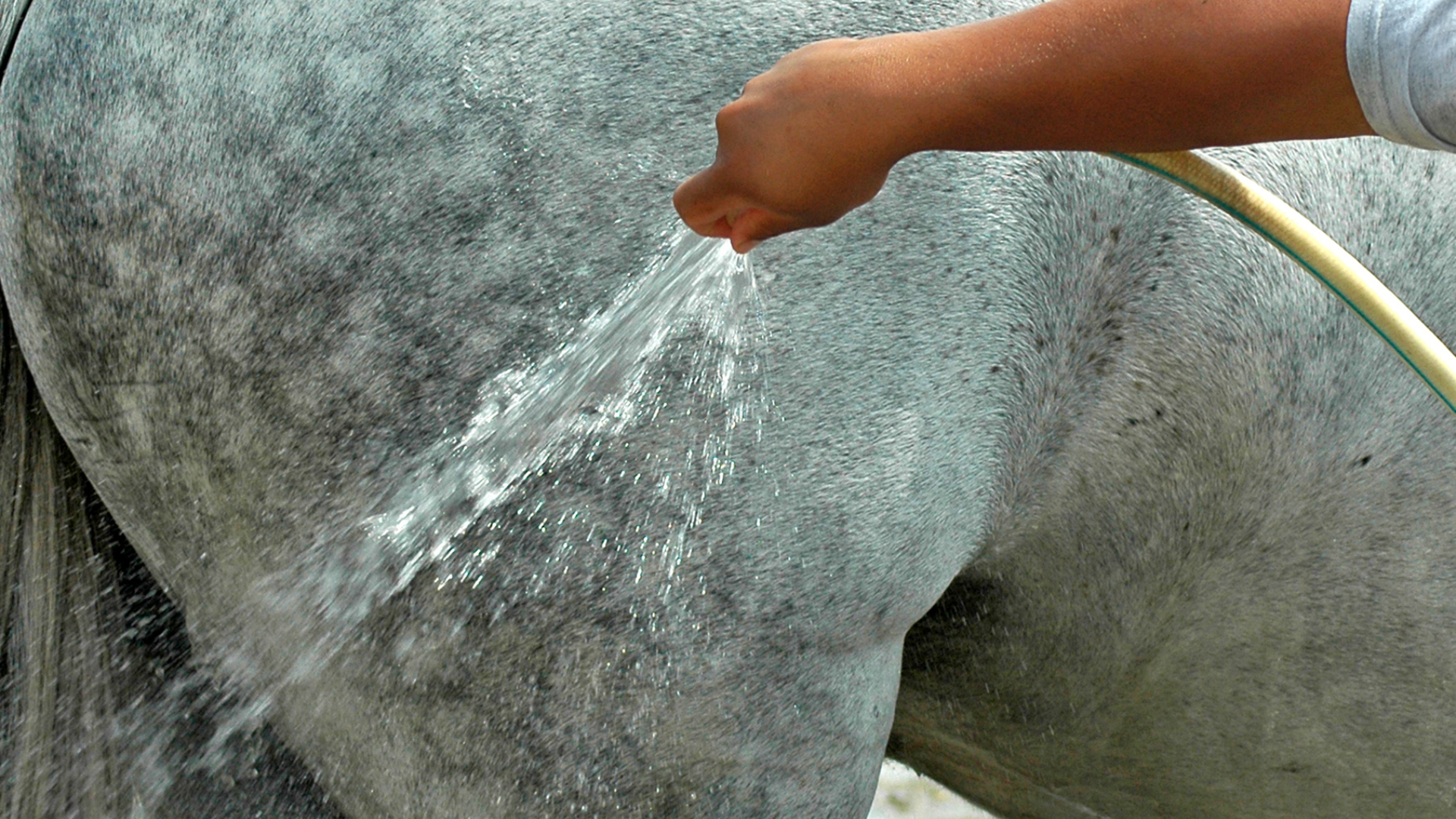
Protection from heat while driving: Danger to life for animals
Cars are a particularly dangerous place for animals in the summer. Even a few minutes of direct sunlight can be life-threatening – even in seemingly mild outside temperatures.
Never leave your pet in your vehicle, even if the windows are open a crack or you're just "quickly" running errands. In an emergency, this could lead to prosecution—and the death of your pet.
If you're going on vacation with your dog or cat, make sure you take regular breaks, ensure good ventilation, and avoid car rides in the midday heat. Plan your vacation with your pet in mind – some products like travel accessories, cooling mats, or travel bowls can be a great help.
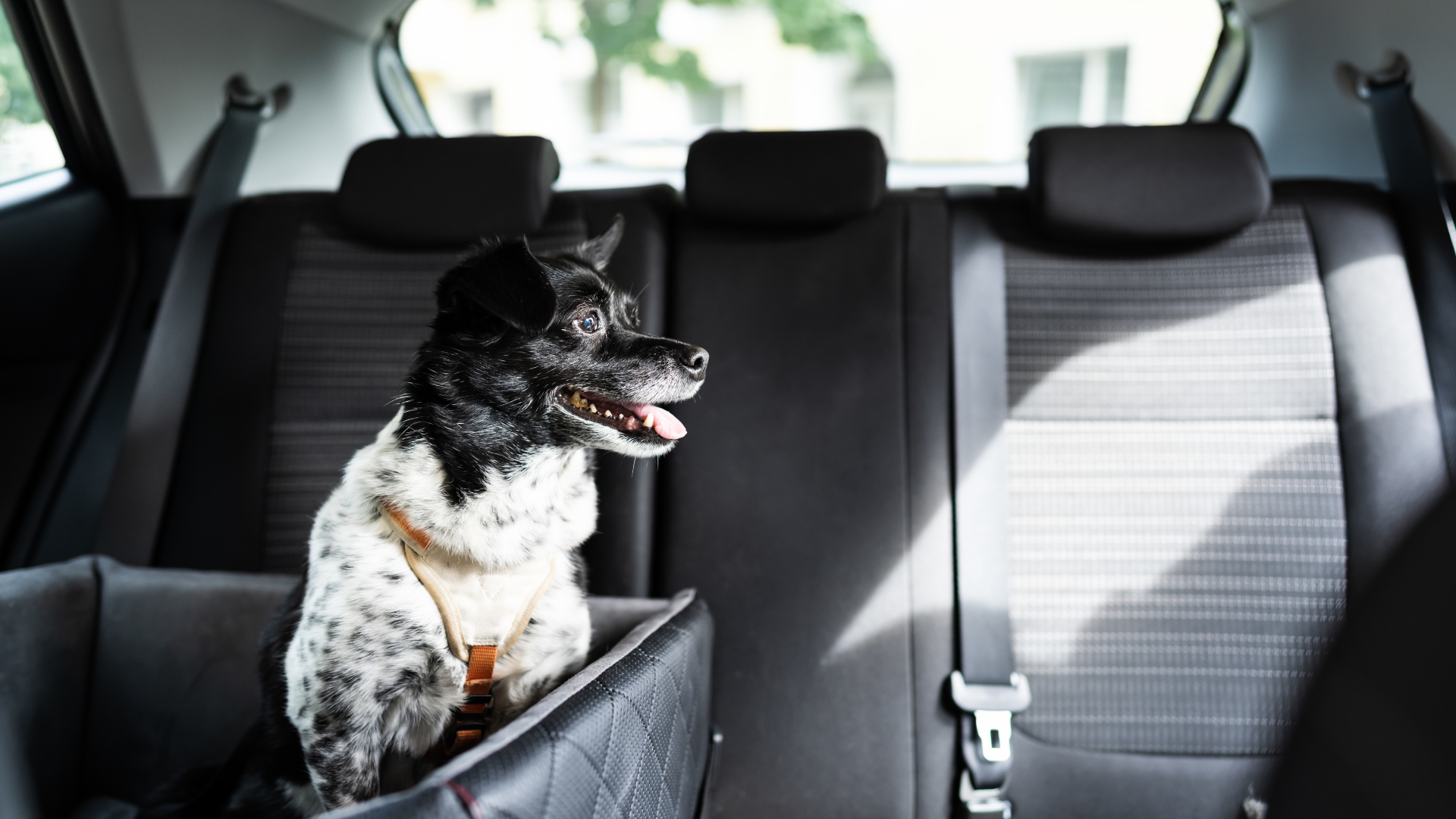
Recognize signs of heat stroke in your four-legged friend
The faster you react to warning signs, the better. Look out for these signs:
-
Heavy panting (also in cats!)
-
Apathy, exhaustion
-
Staggering gait, trembling
-
Increased body temperature
-
Red-colored gums
-
Vomiting or diarrhea
If you notice such symptoms in your pet, immediately take it to a cool place, offer water, and contact your veterinarian immediately. First aid can save lives.
Products for summer: What really helps?
The market now offers many products specifically designed to protect animals from heat. Here's a brief overview:
-
Cooling mats & cooling vests for dogs
-
Drinking fountain for cats
-
UV protection blankets for horses
-
Foldable water bowls for on the go
-
Cooling gels or sprays for paws or skin
-
Fans with timer for the stable or apartment
When purchasing, look for high-quality brands and read reviews. Not every product is suitable for every pet—if in doubt, ask your veterinarian or a specialist at a pet store.
Conclusion
Animals aren't toys, but living beings with their own needs. Be attentive, take responsibility, provide cooling, and give your pet the attention it needs in the summer. This way, you can master any heatwave together – with heart, mind, and a cool head.
